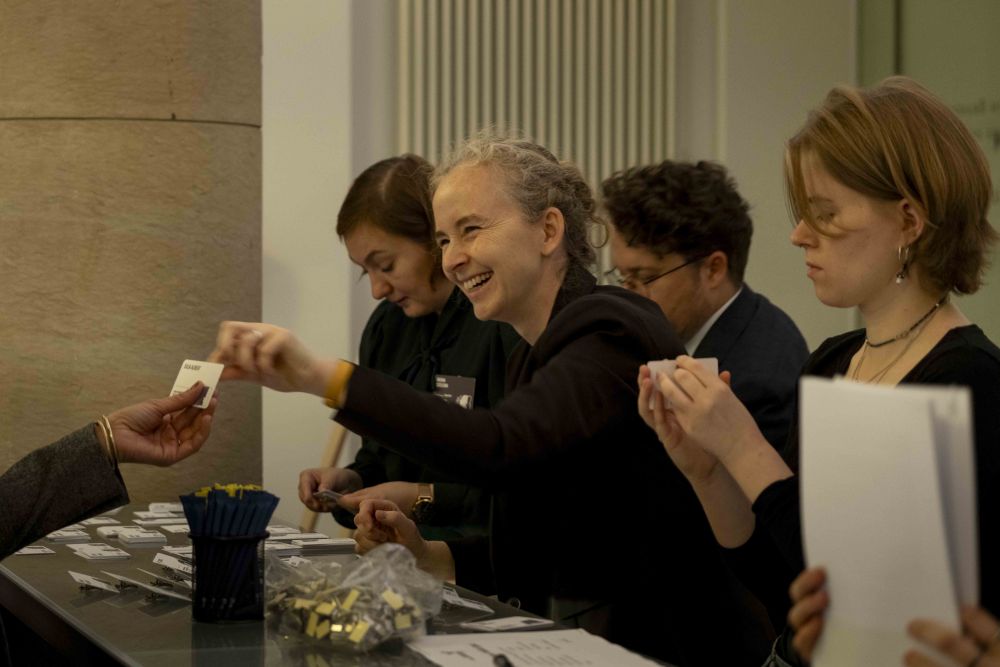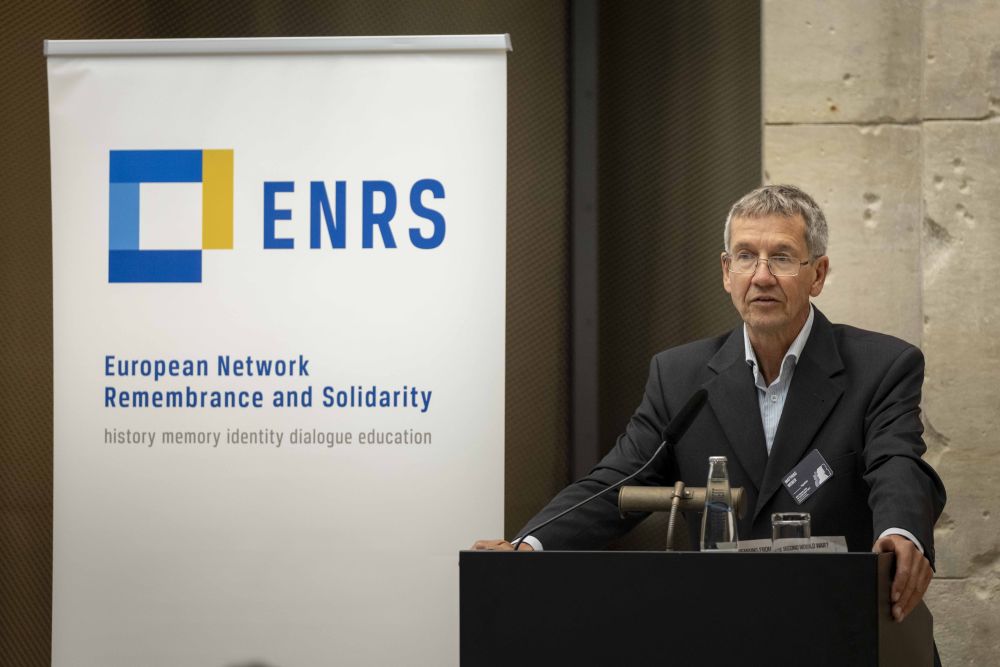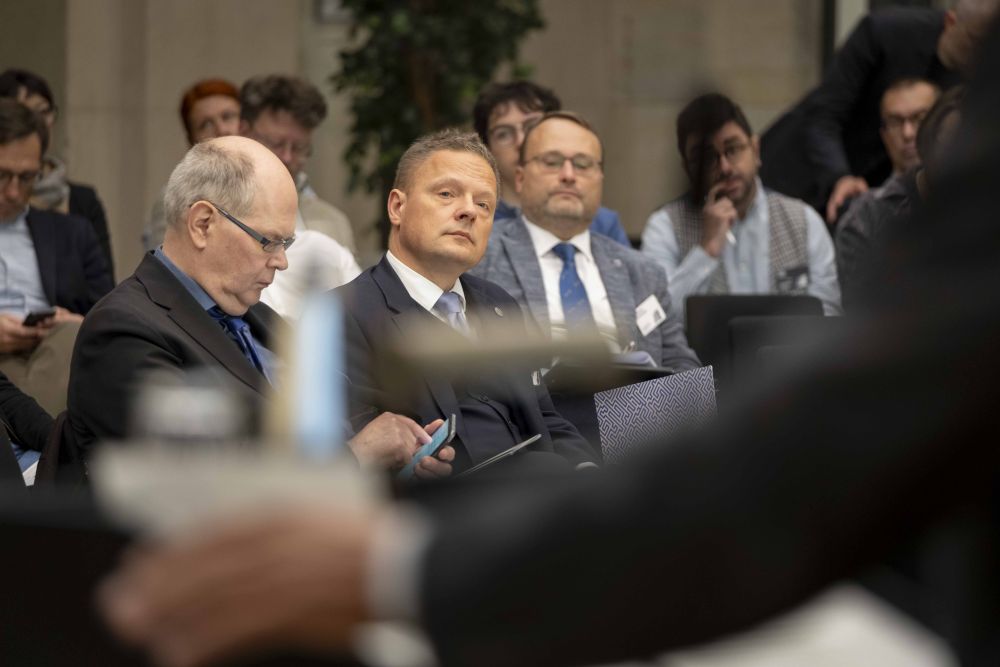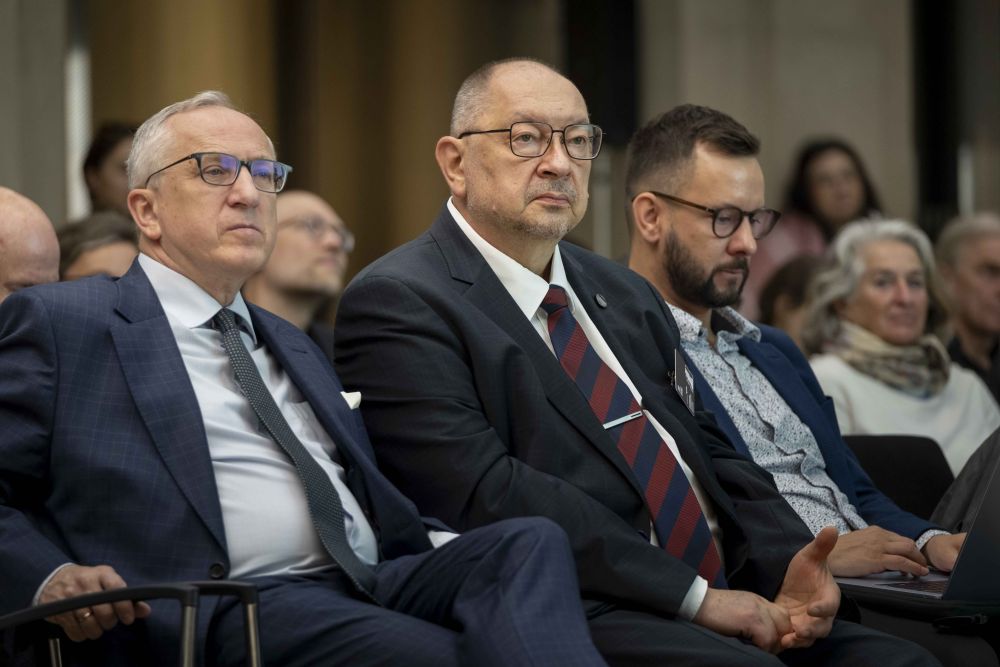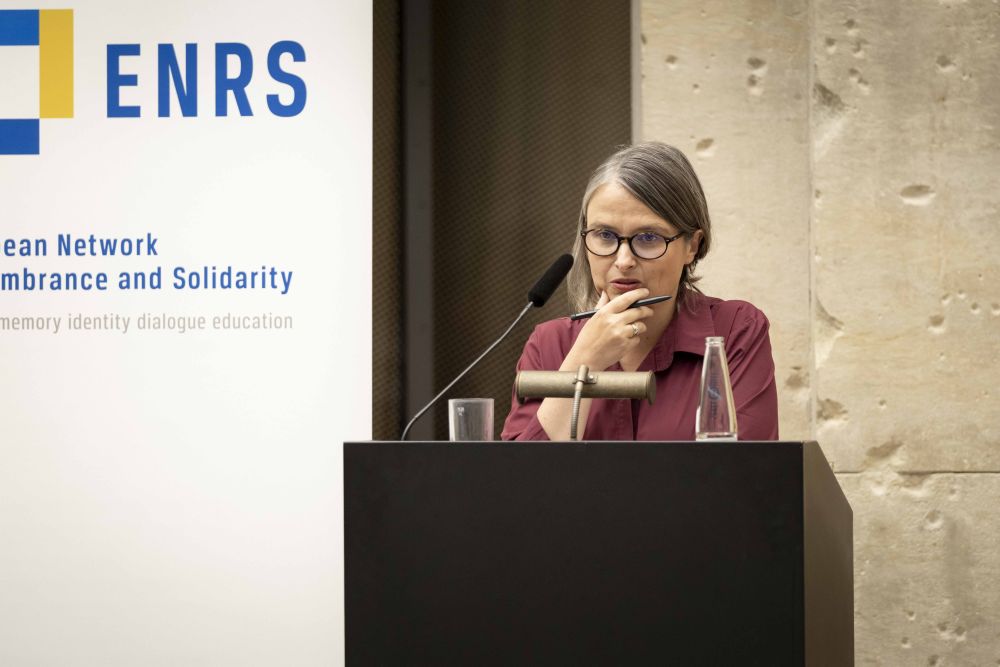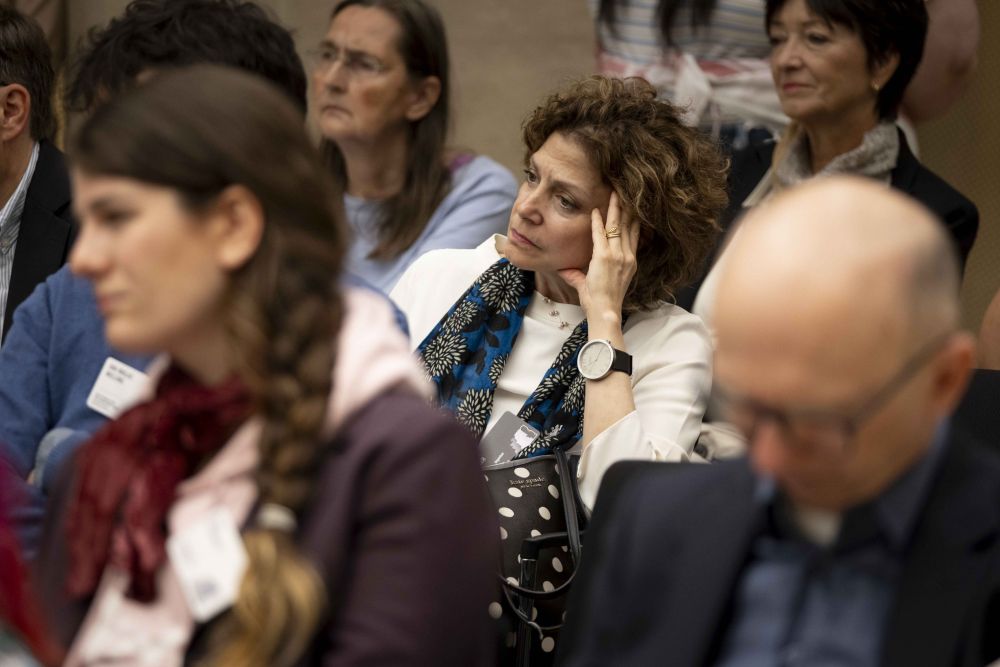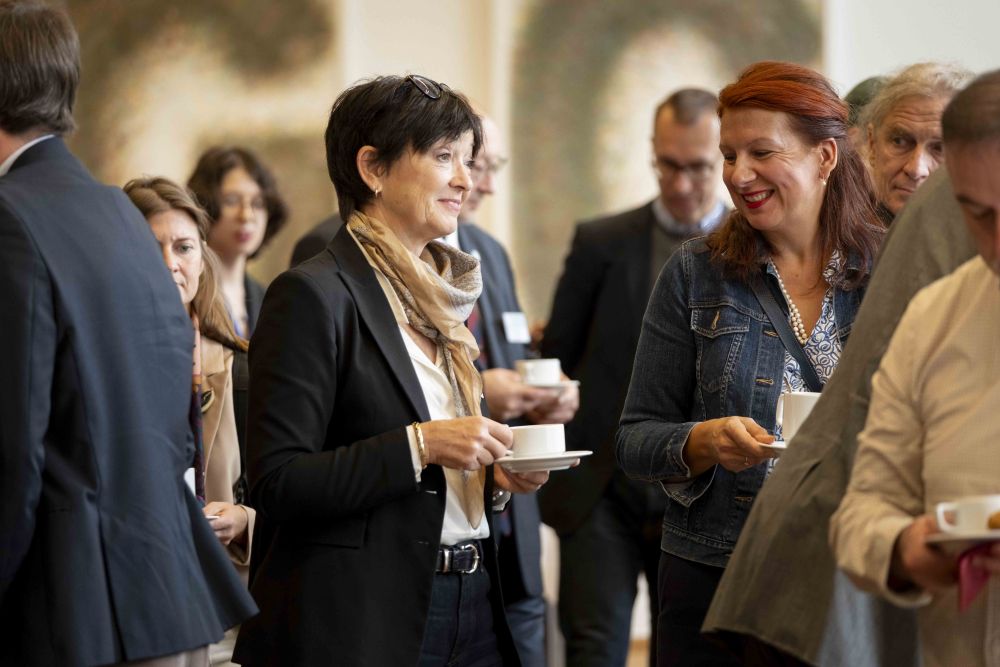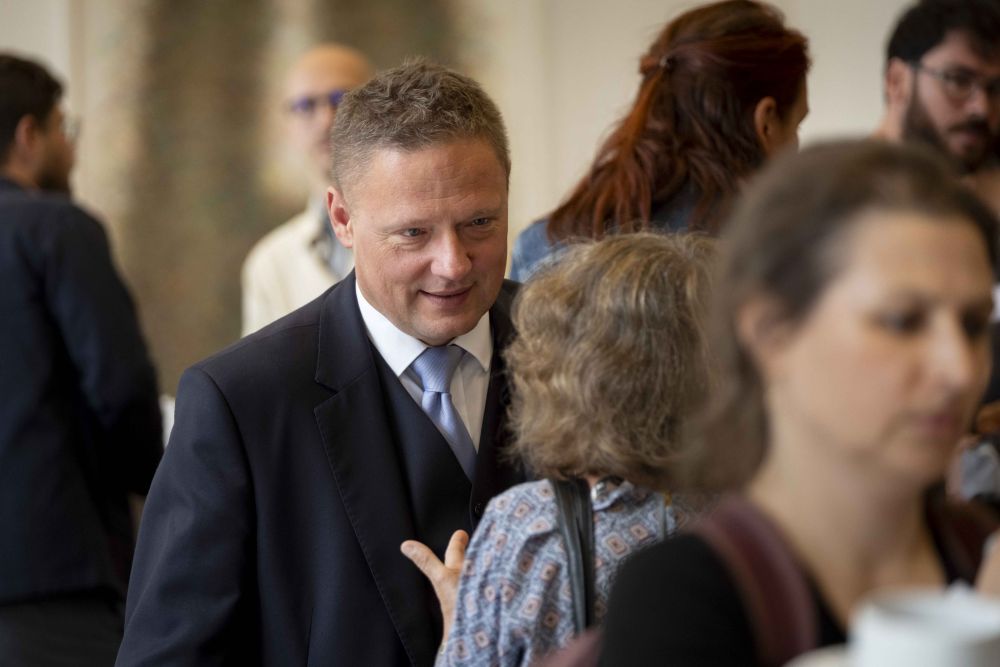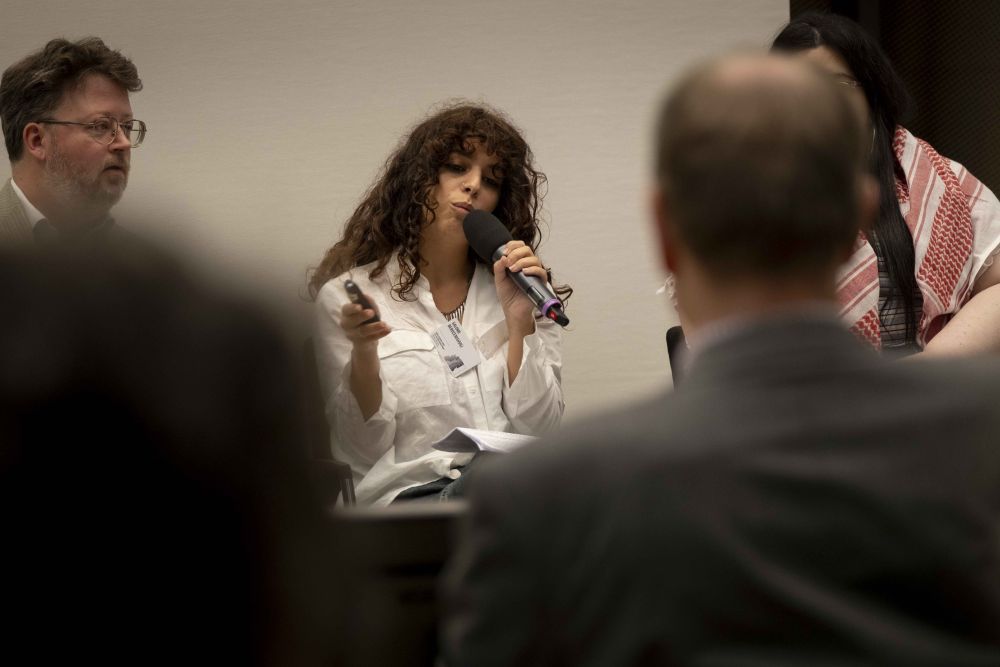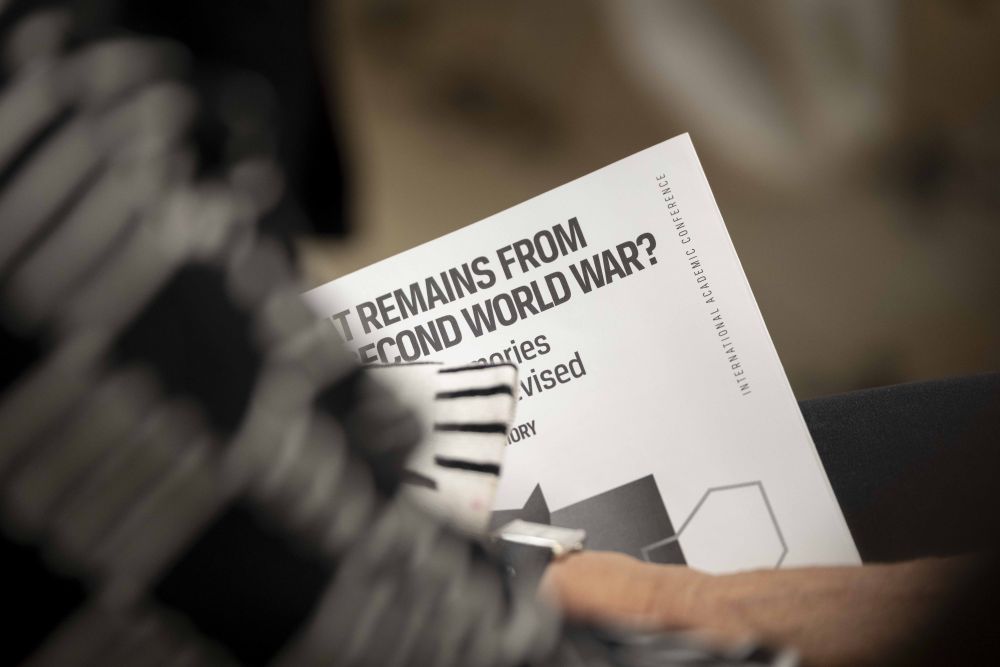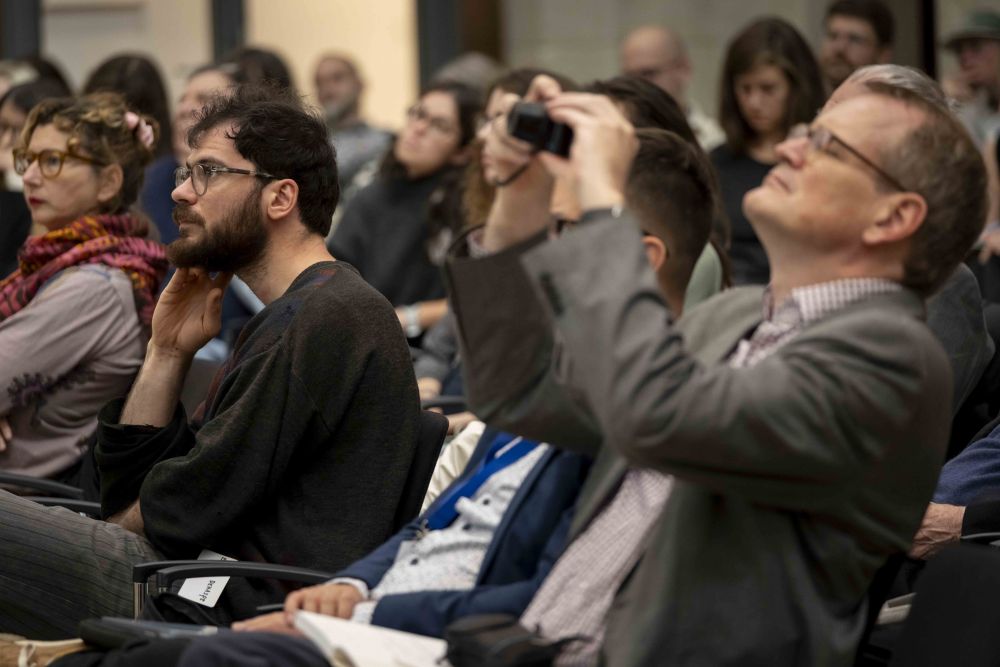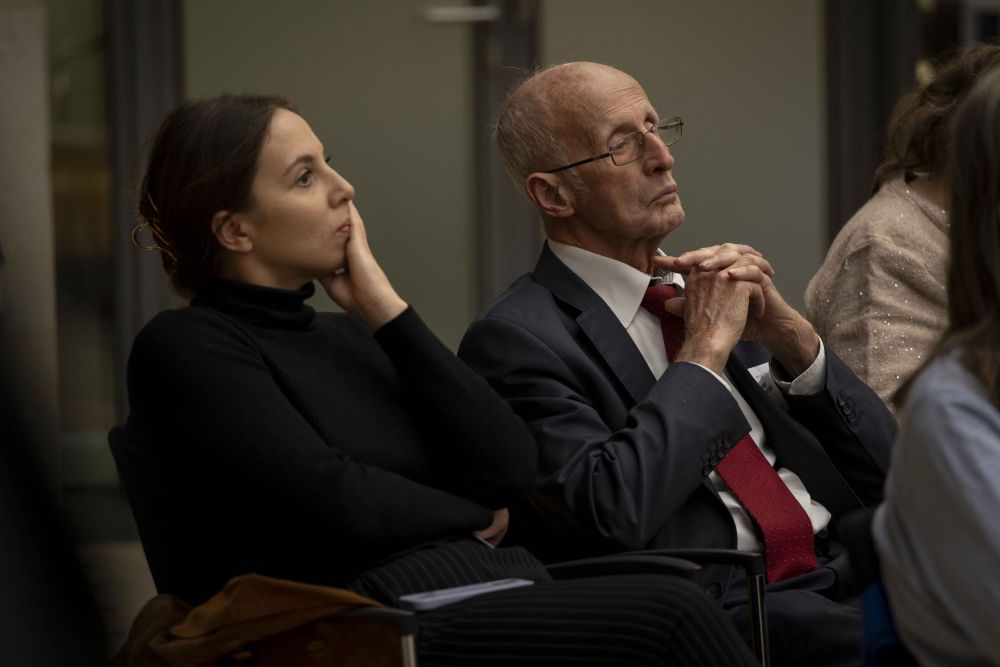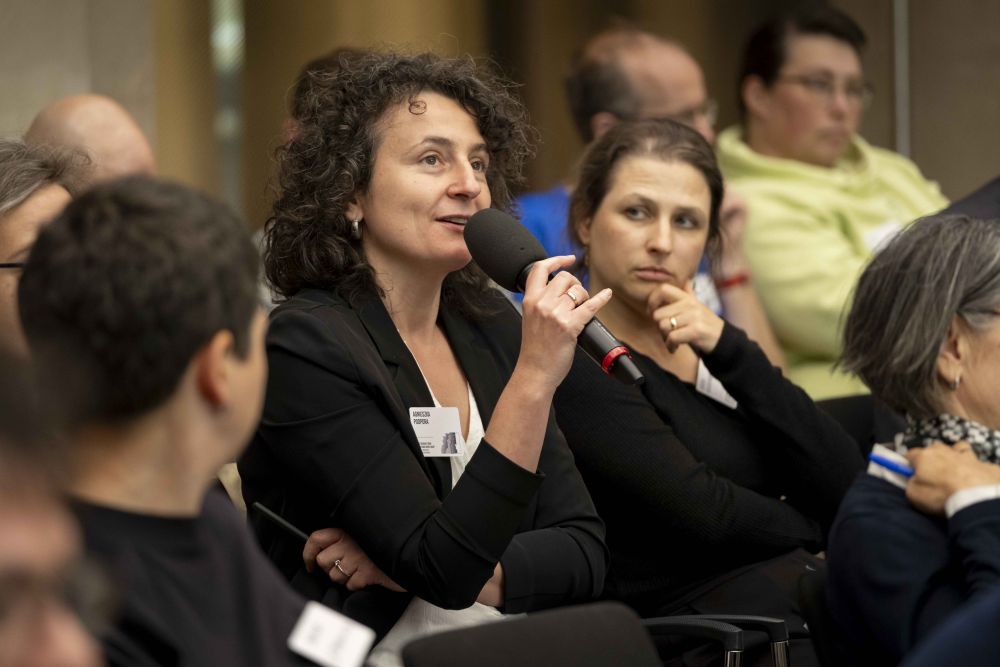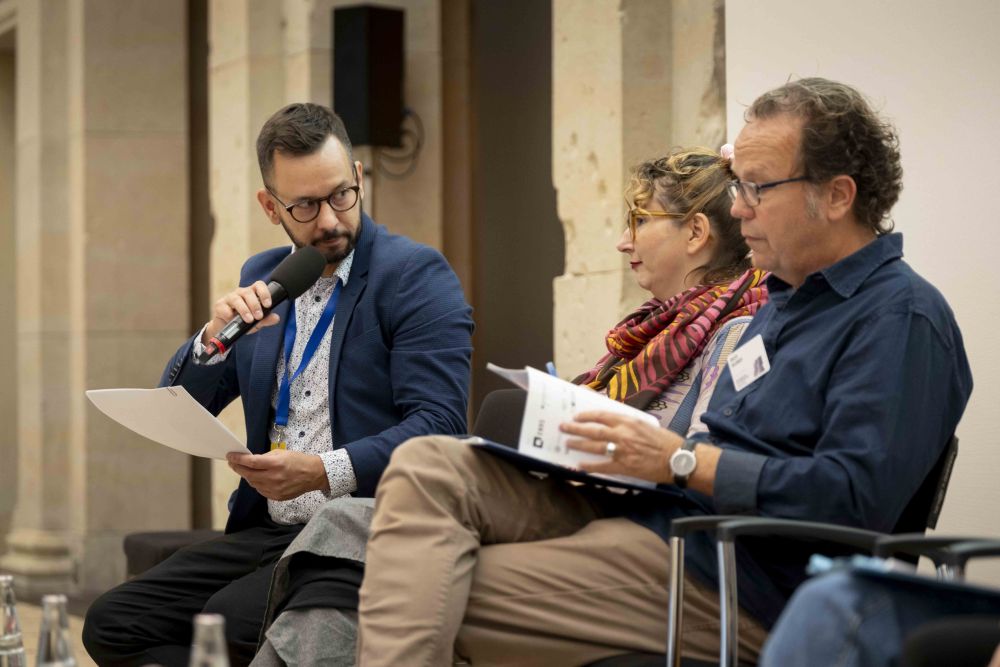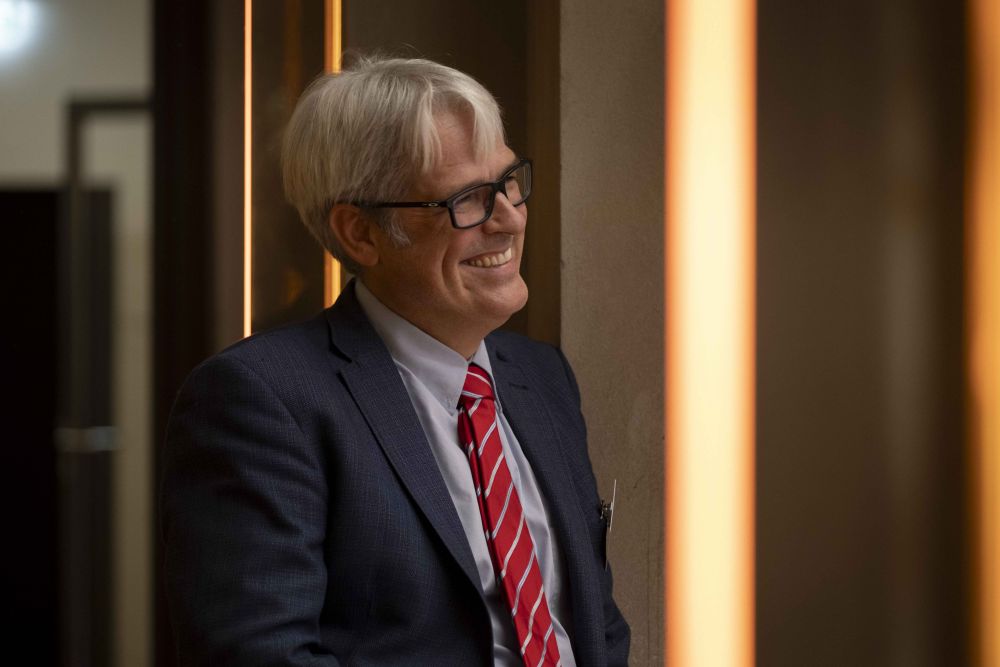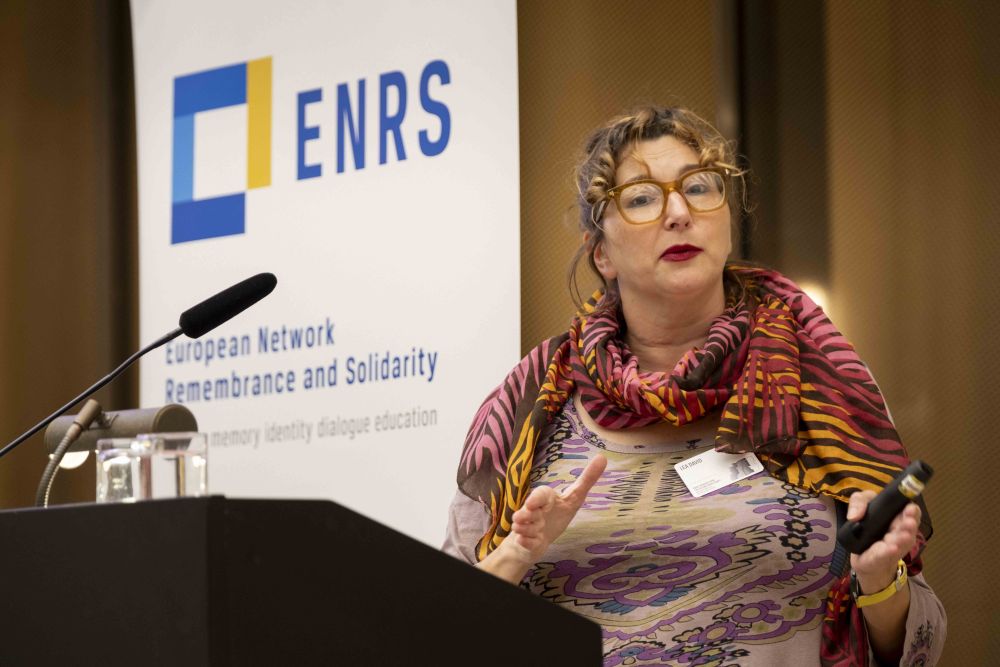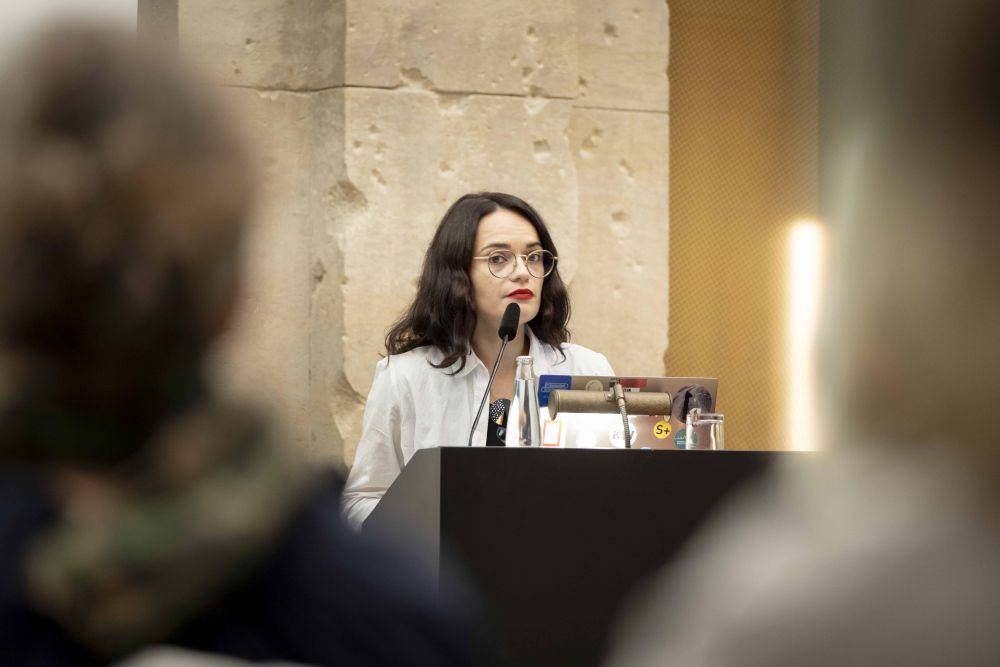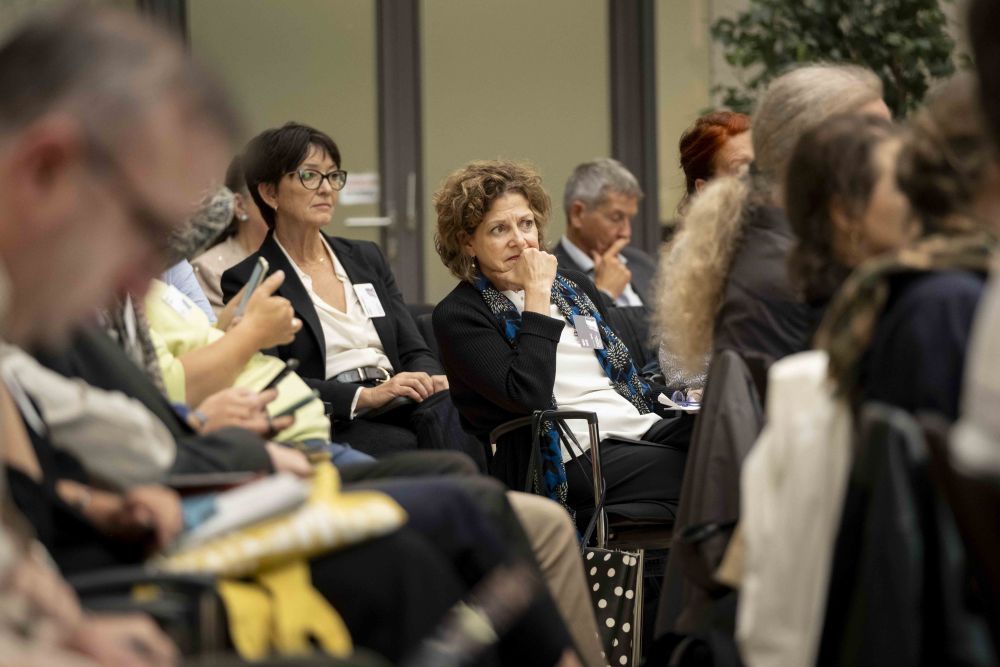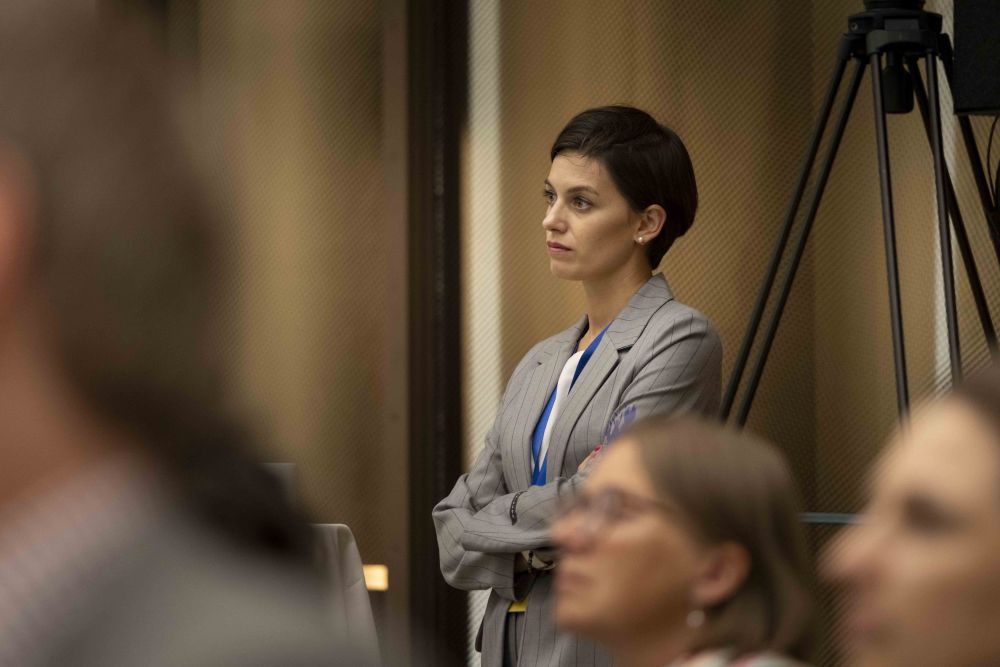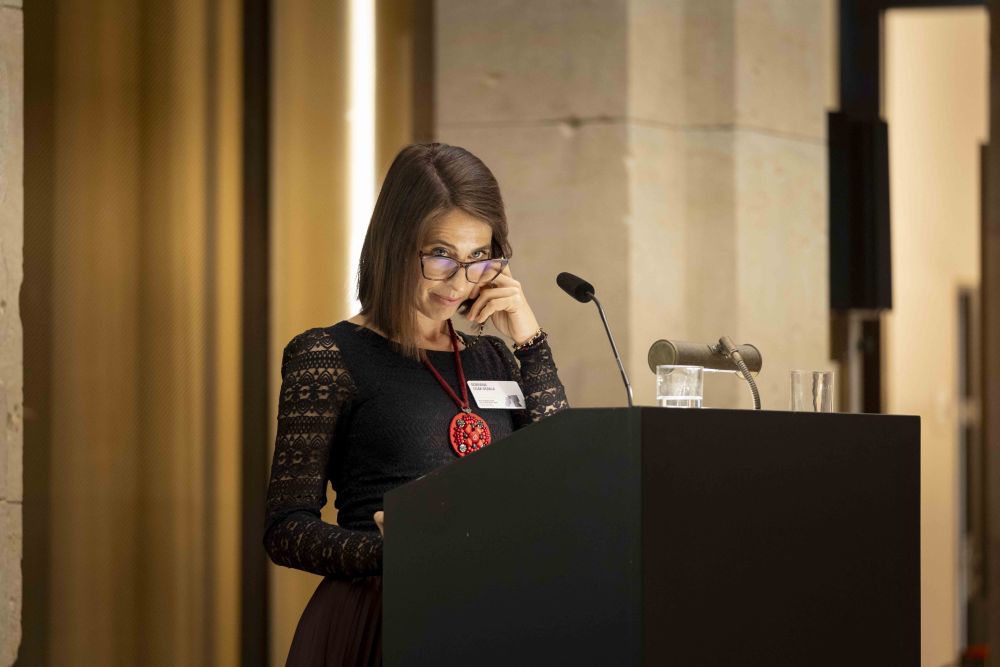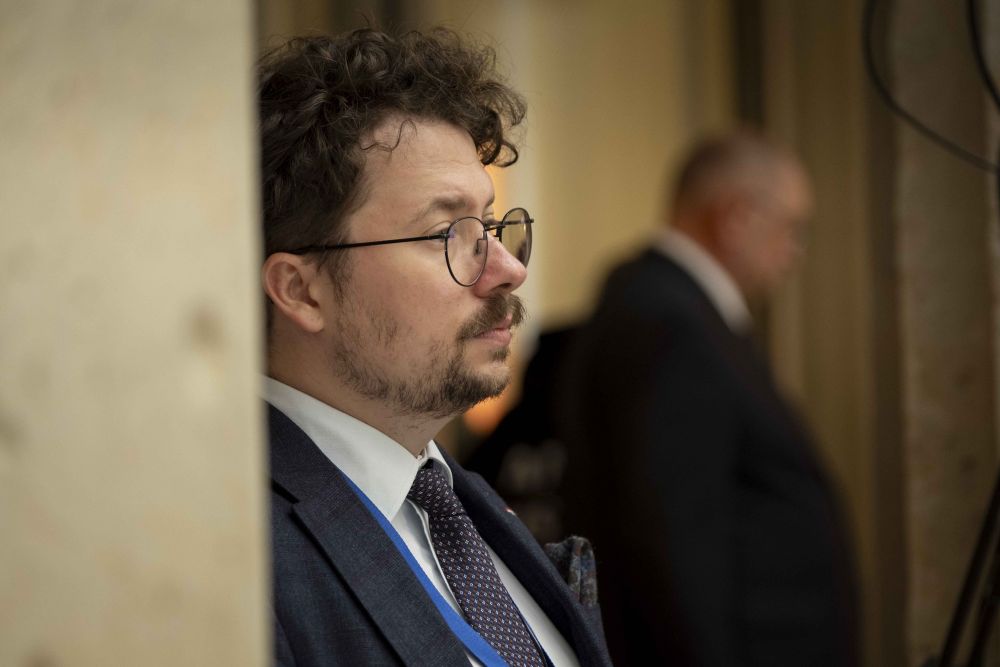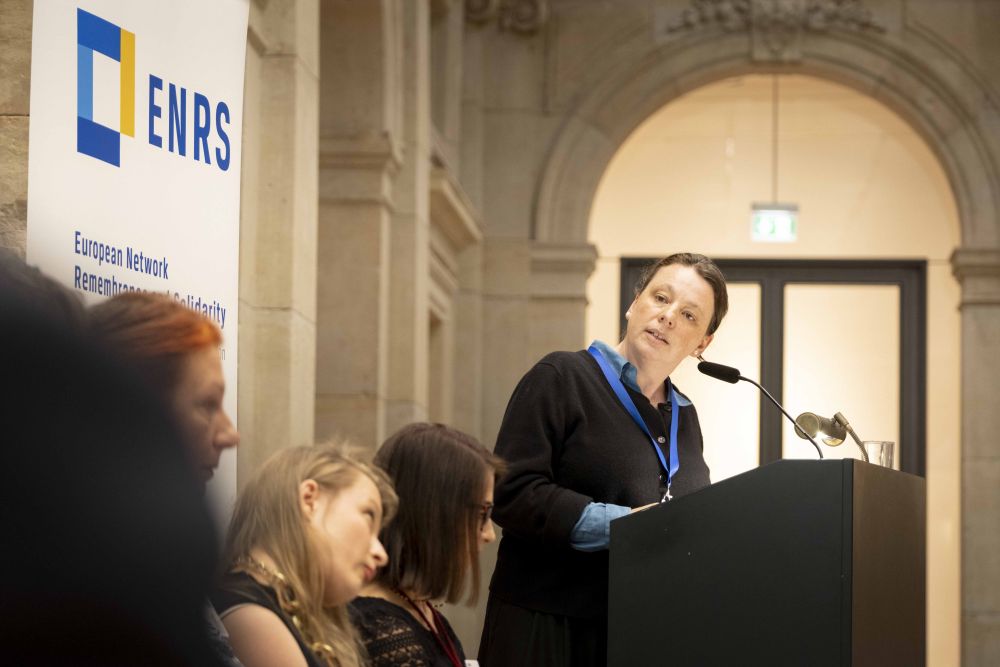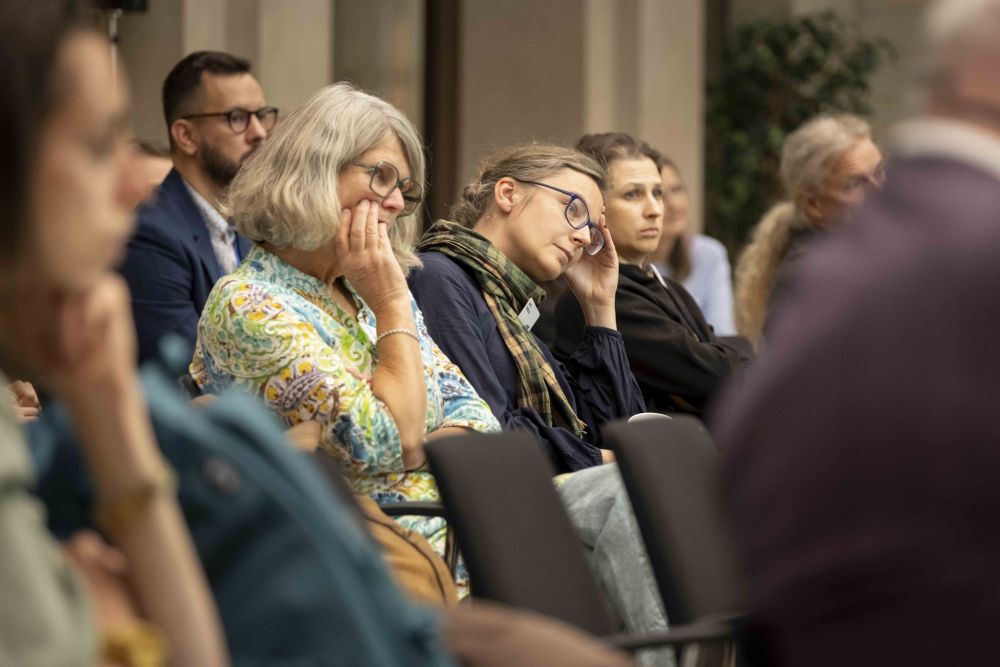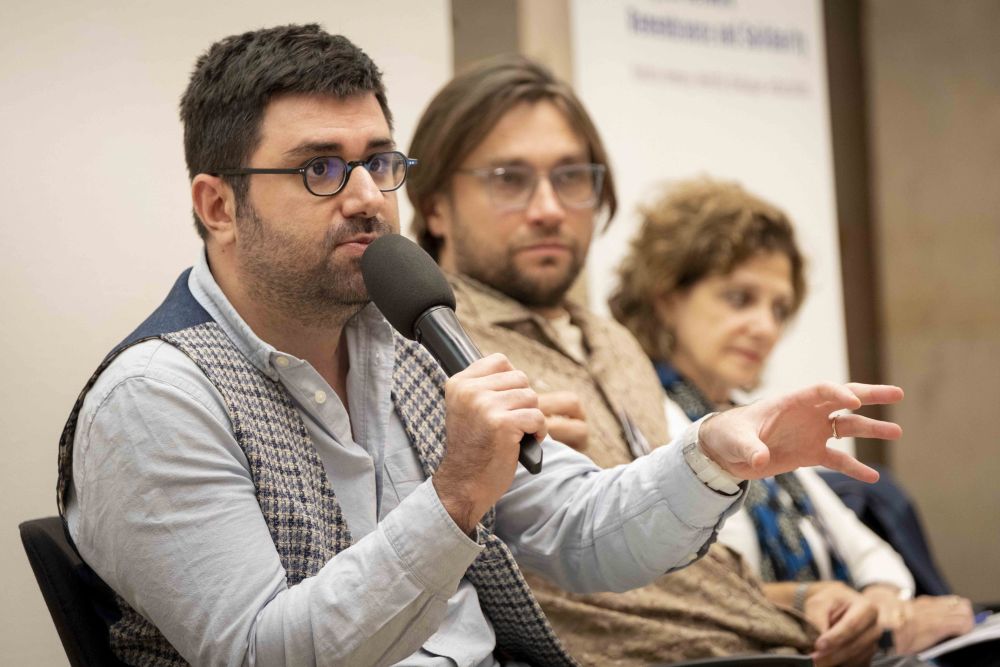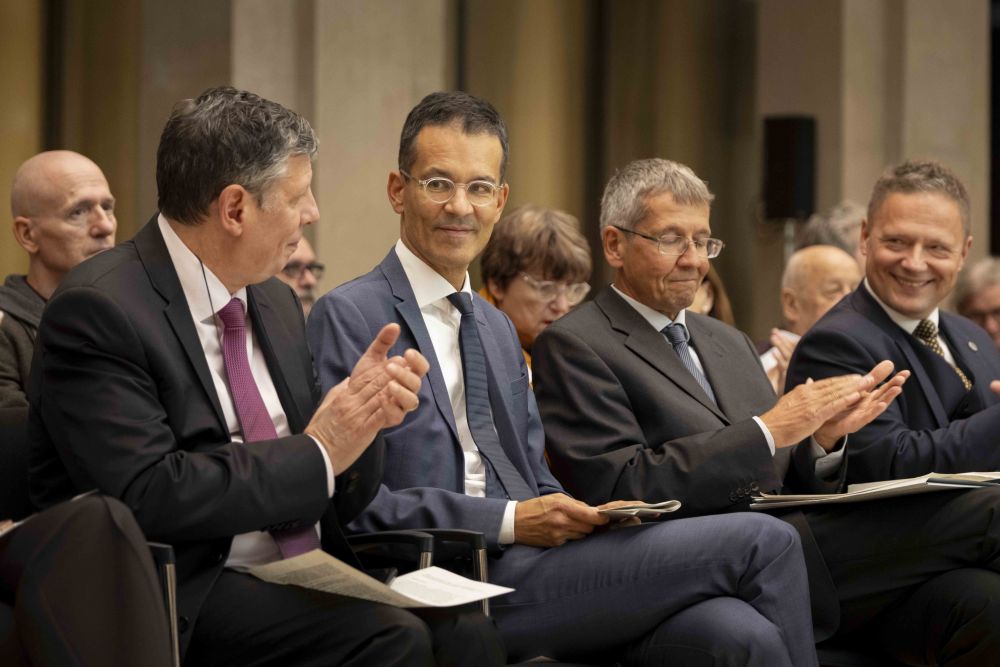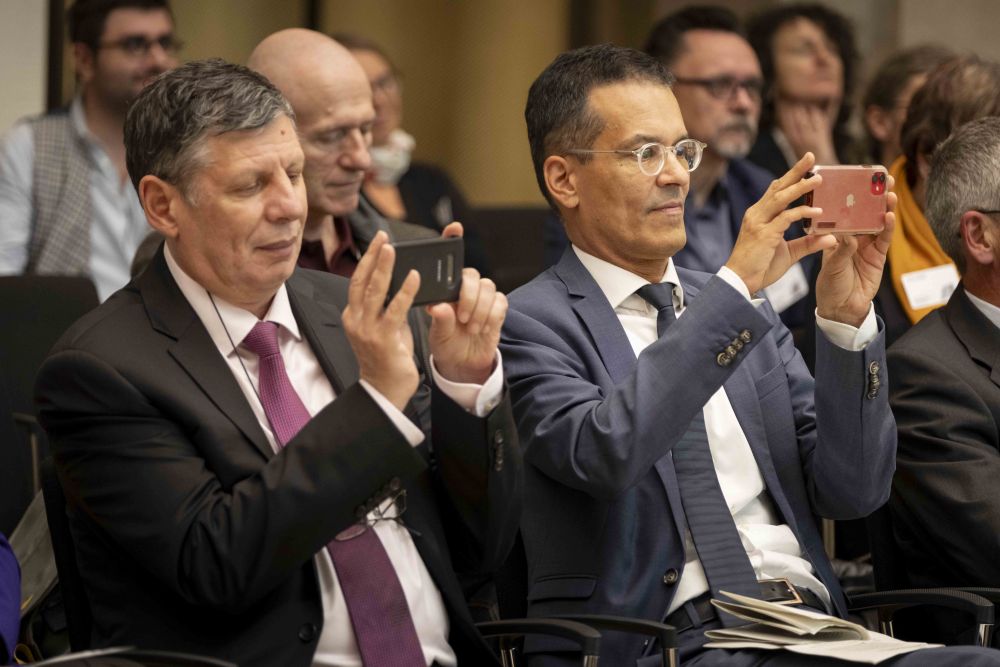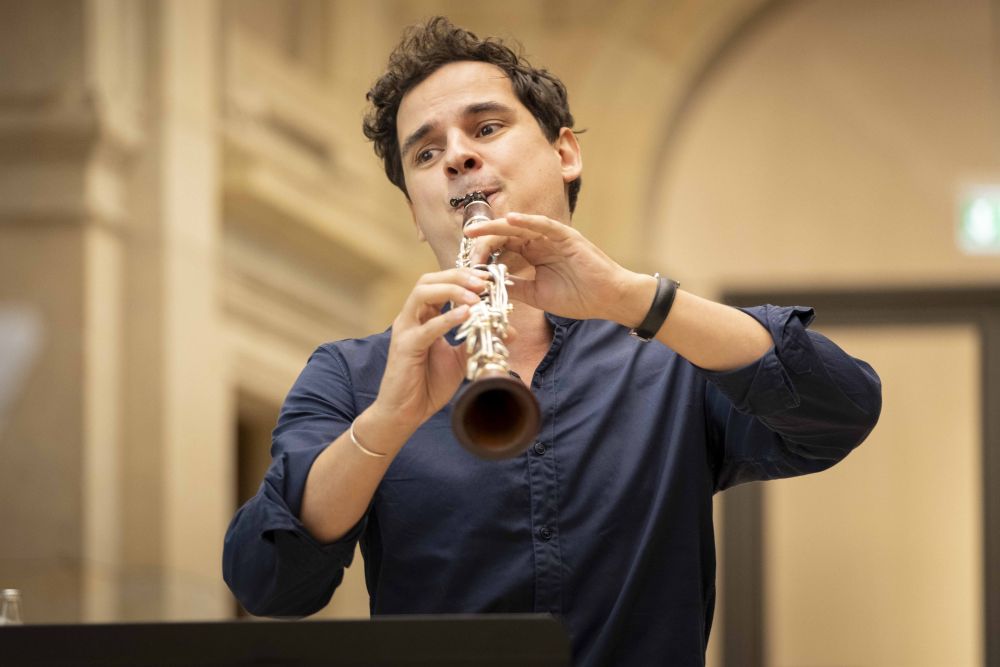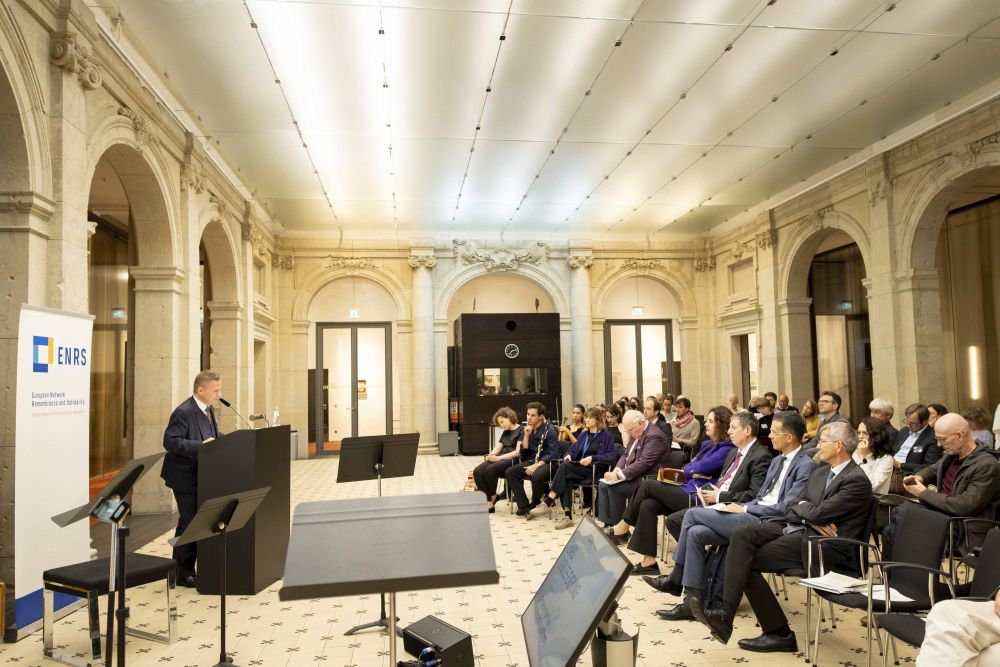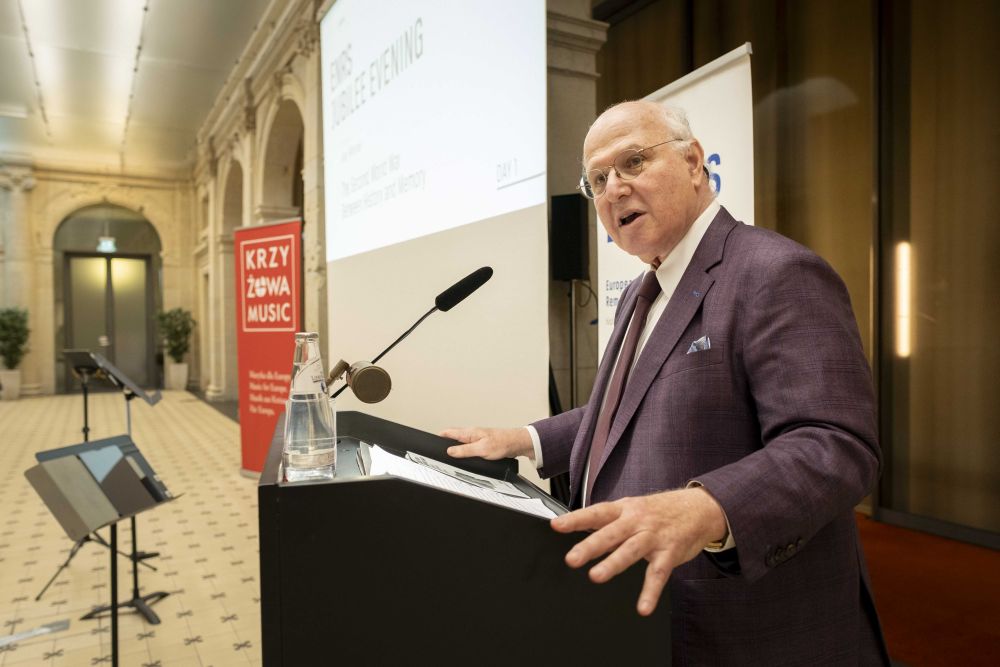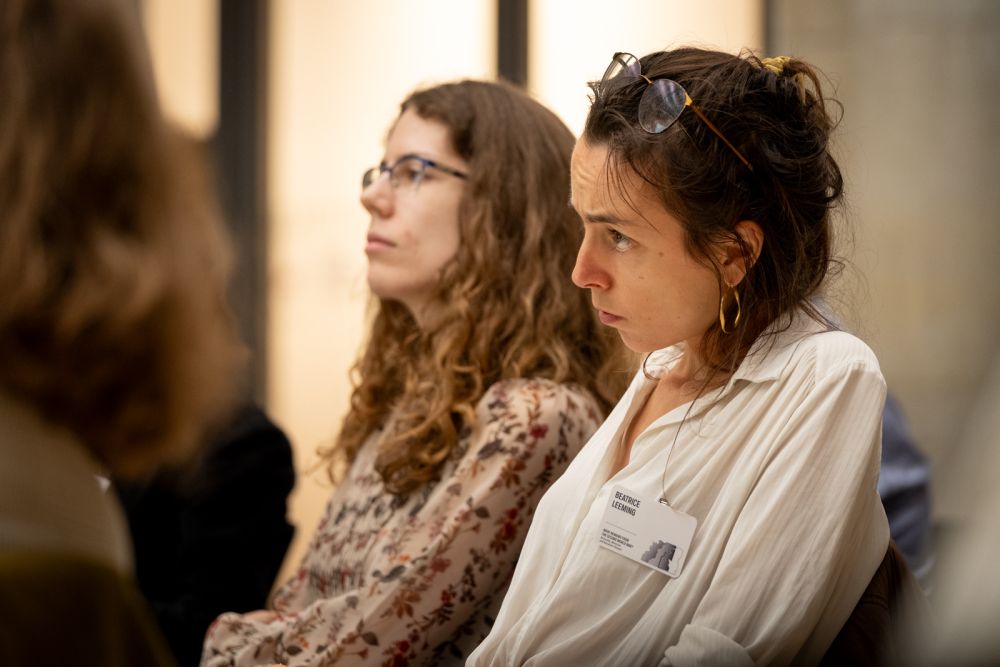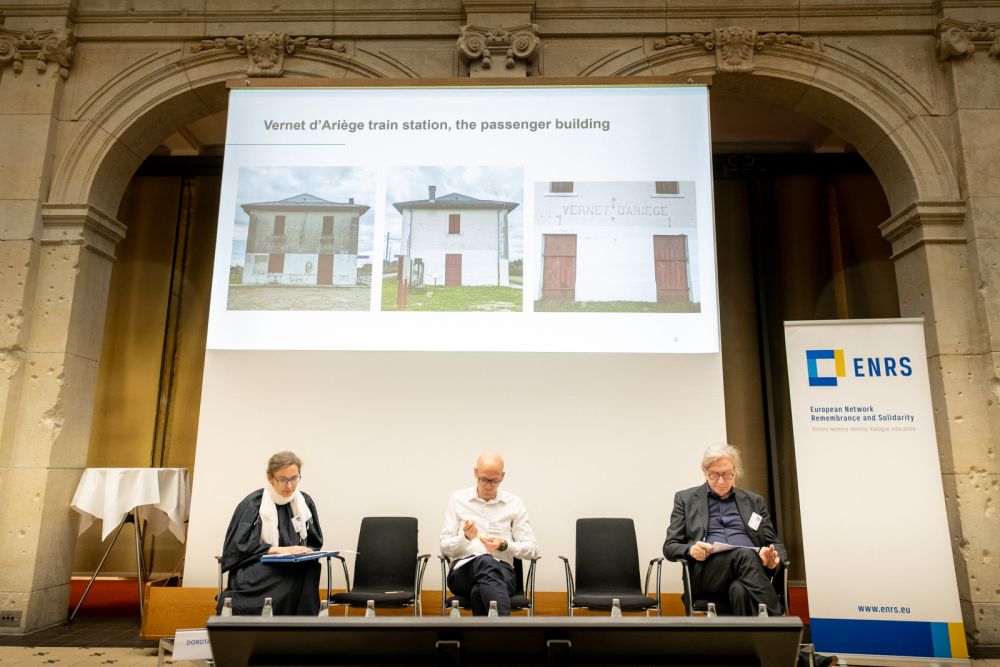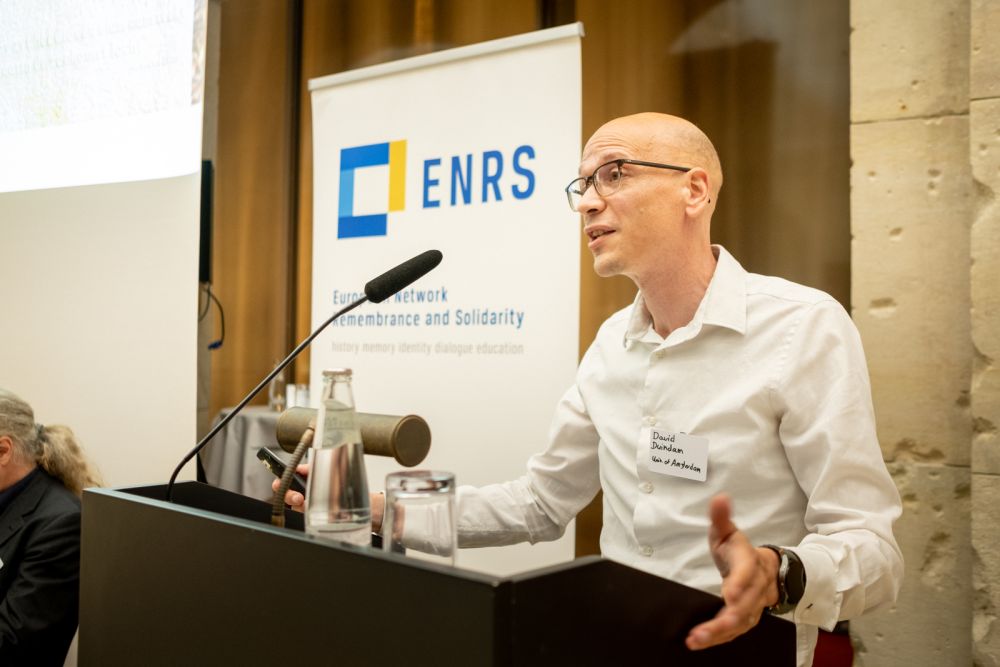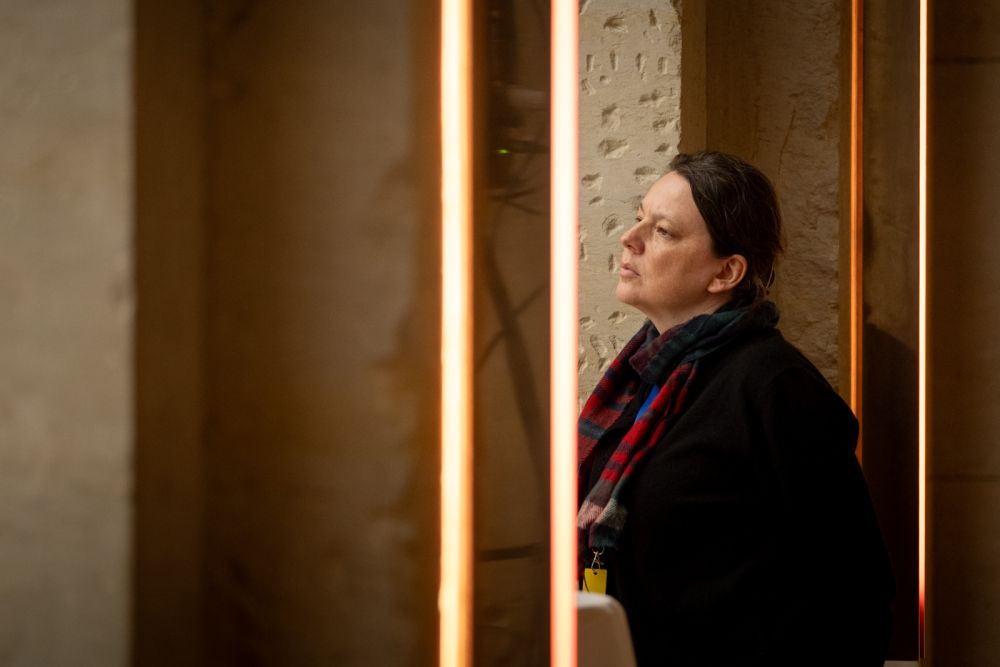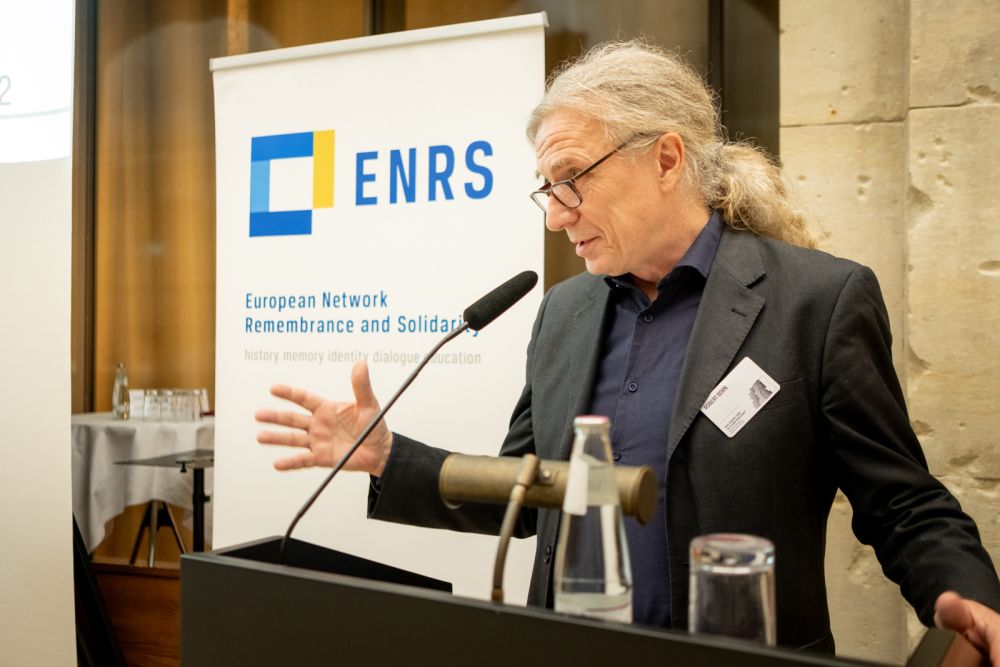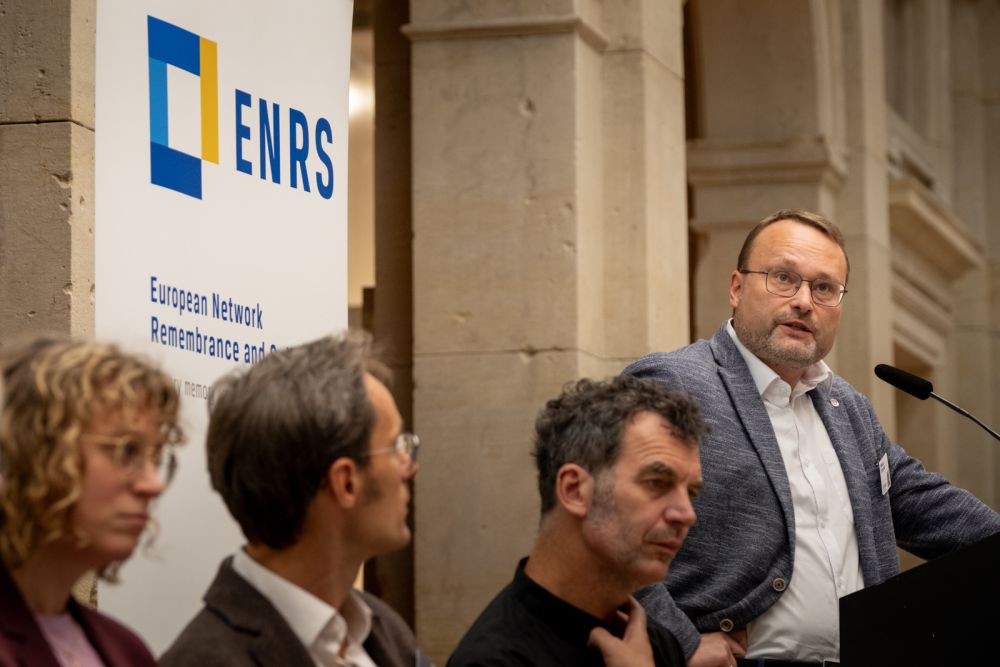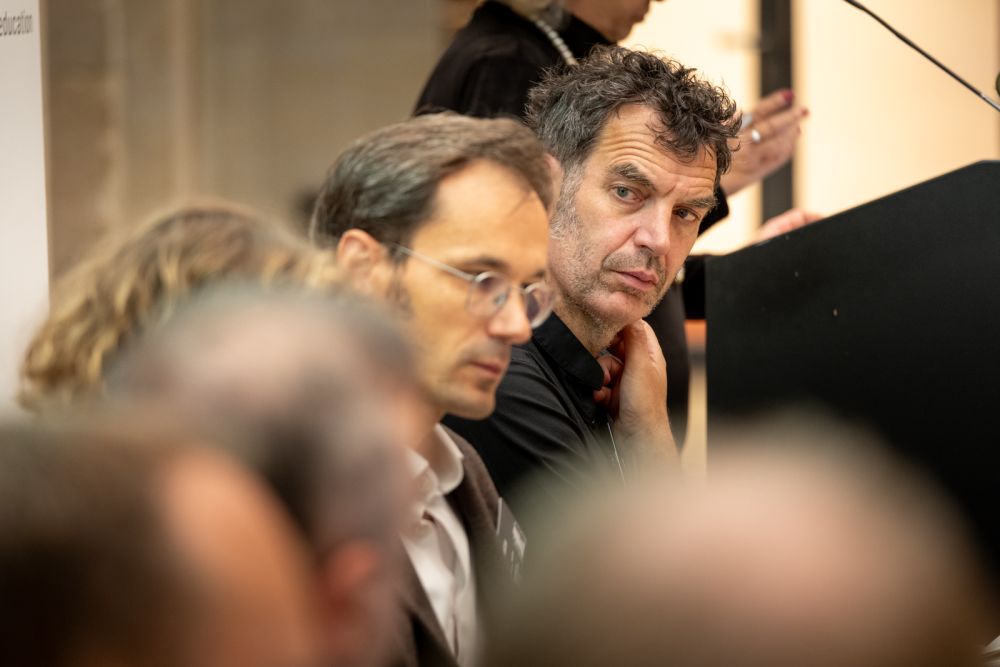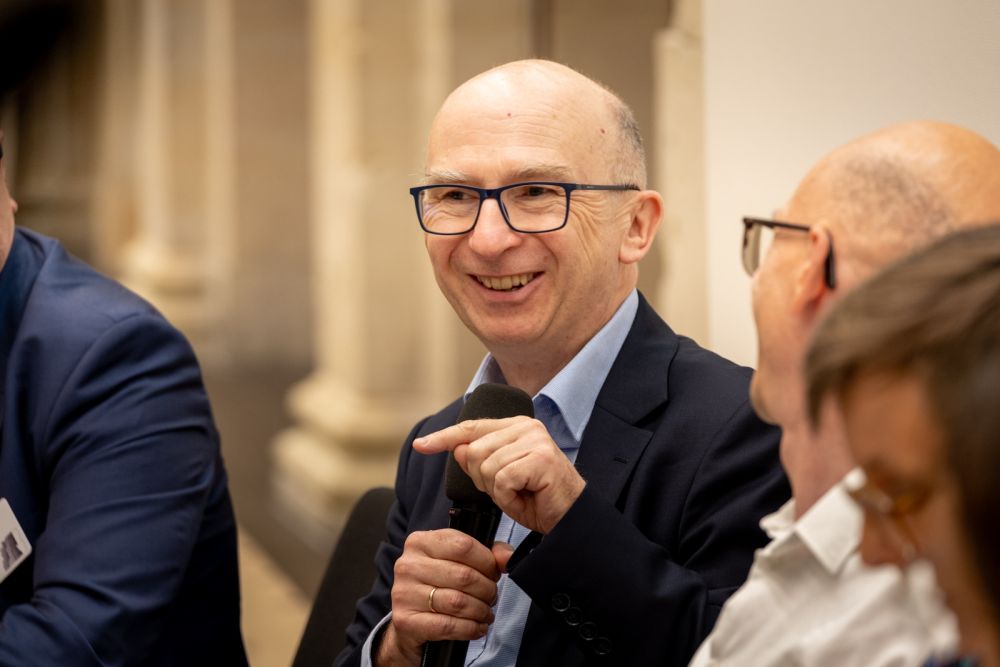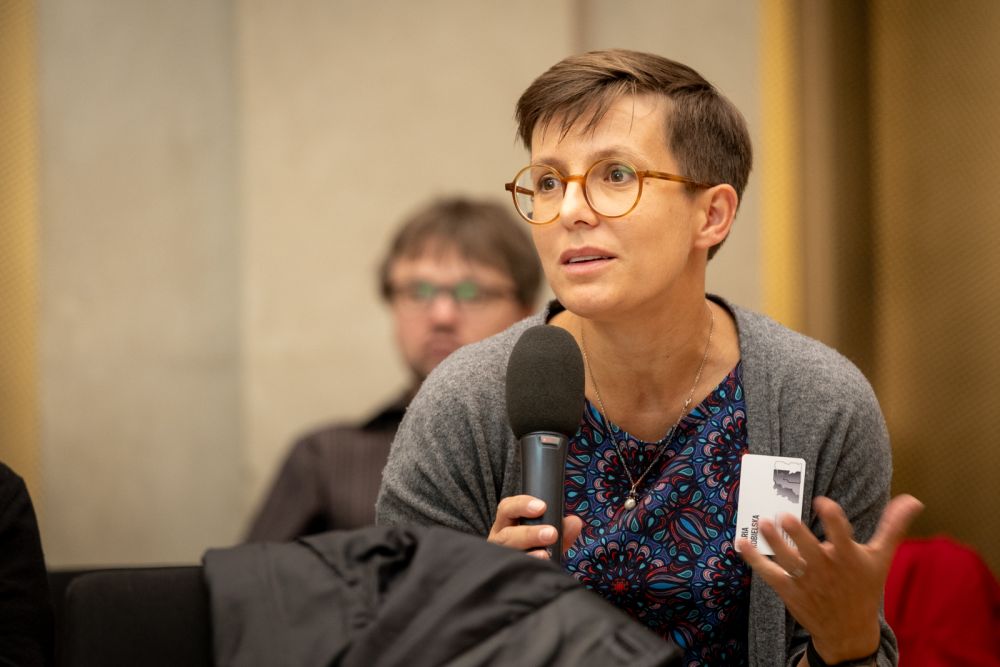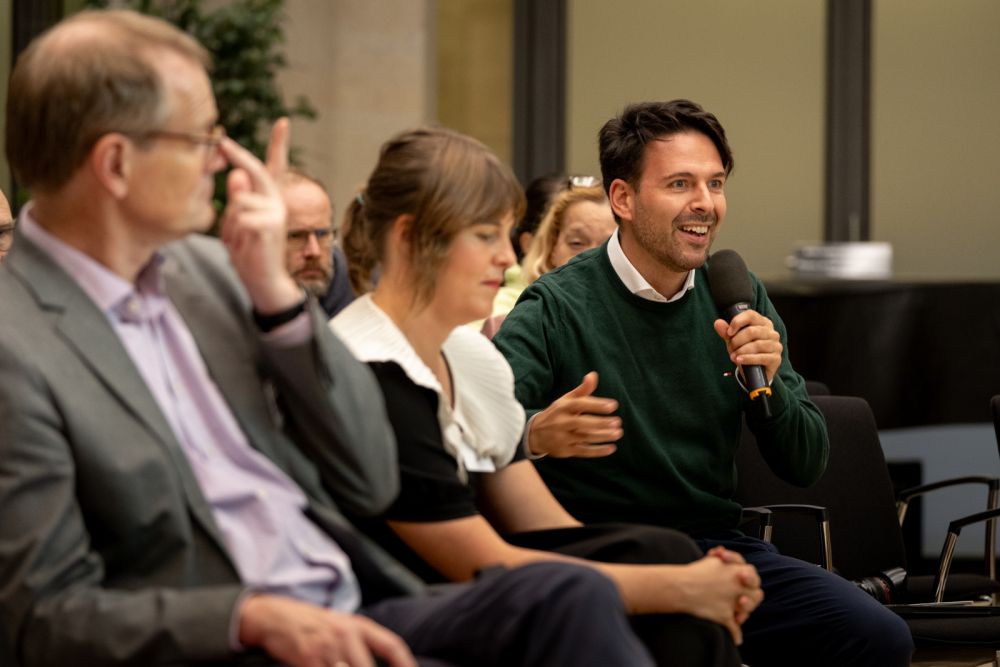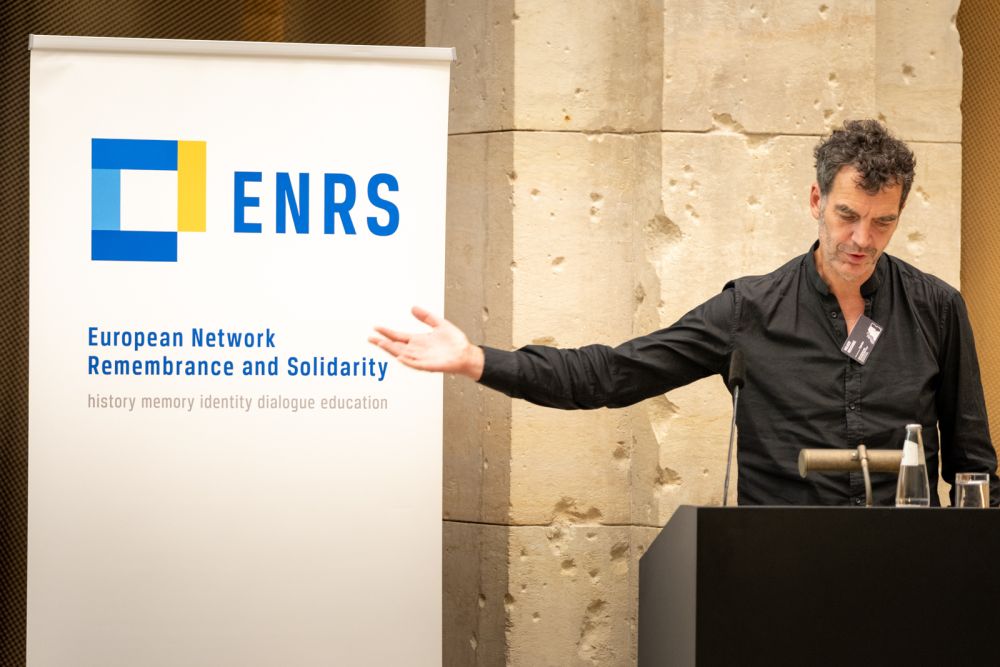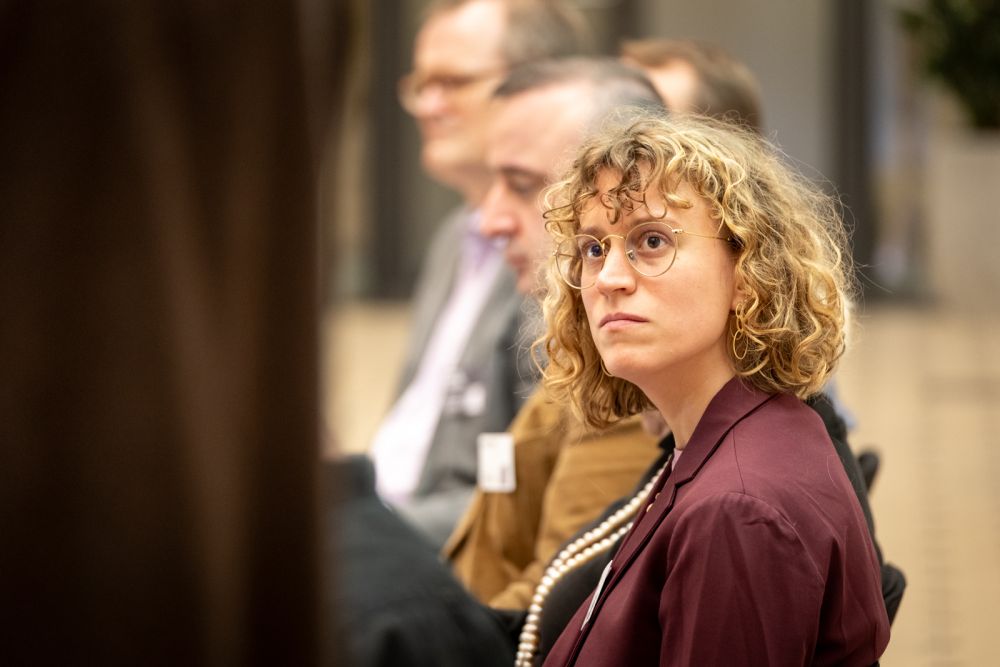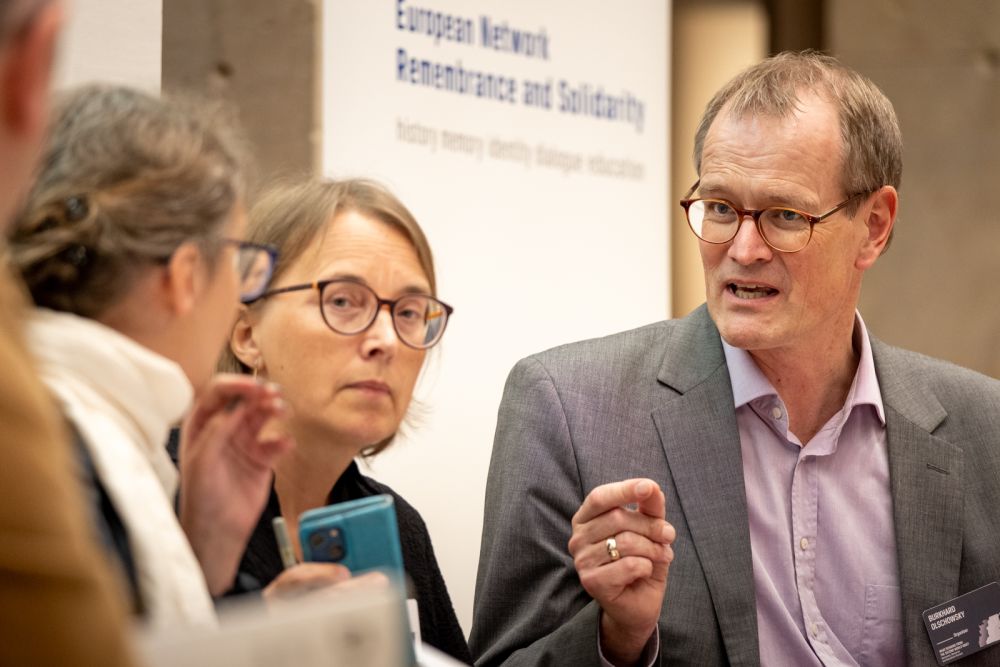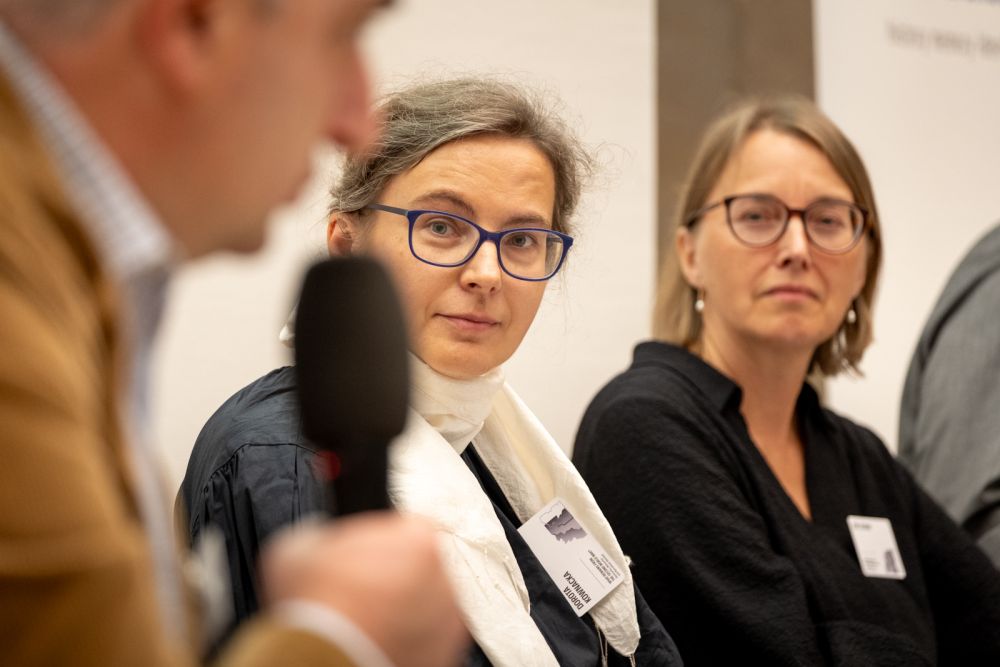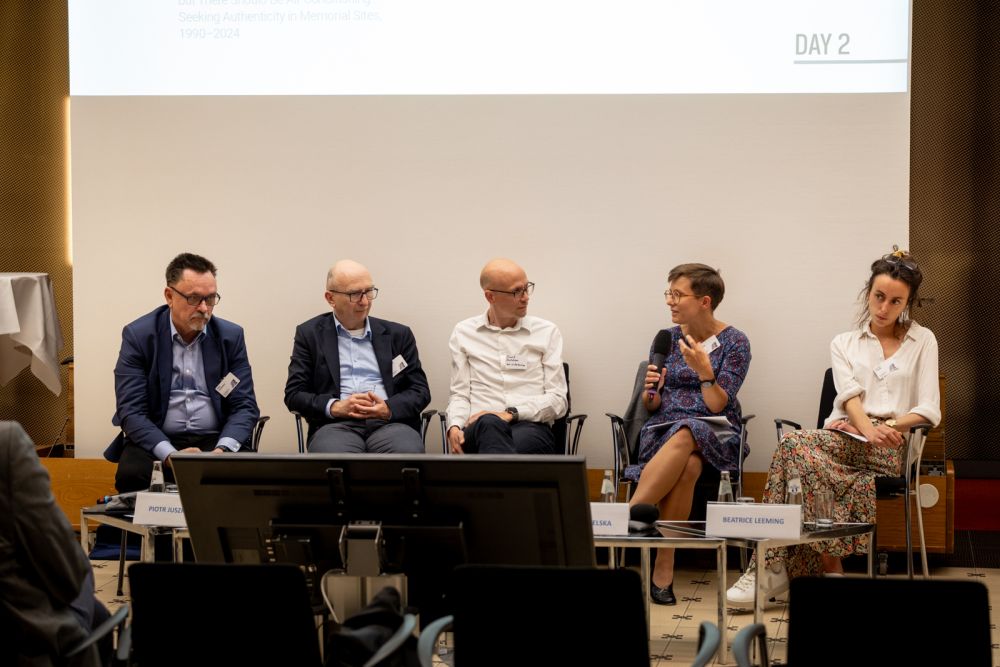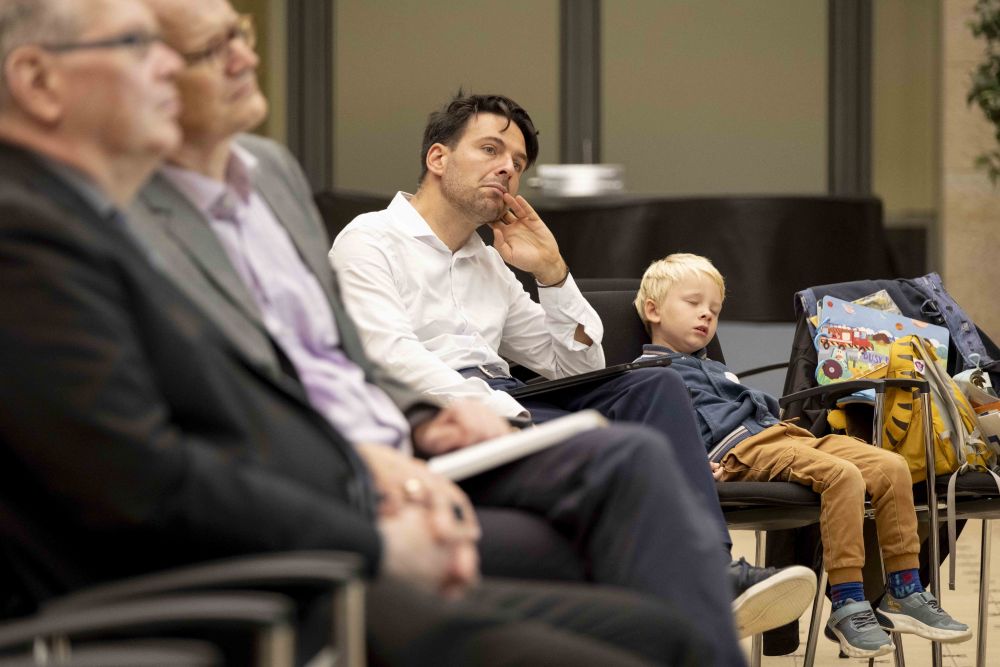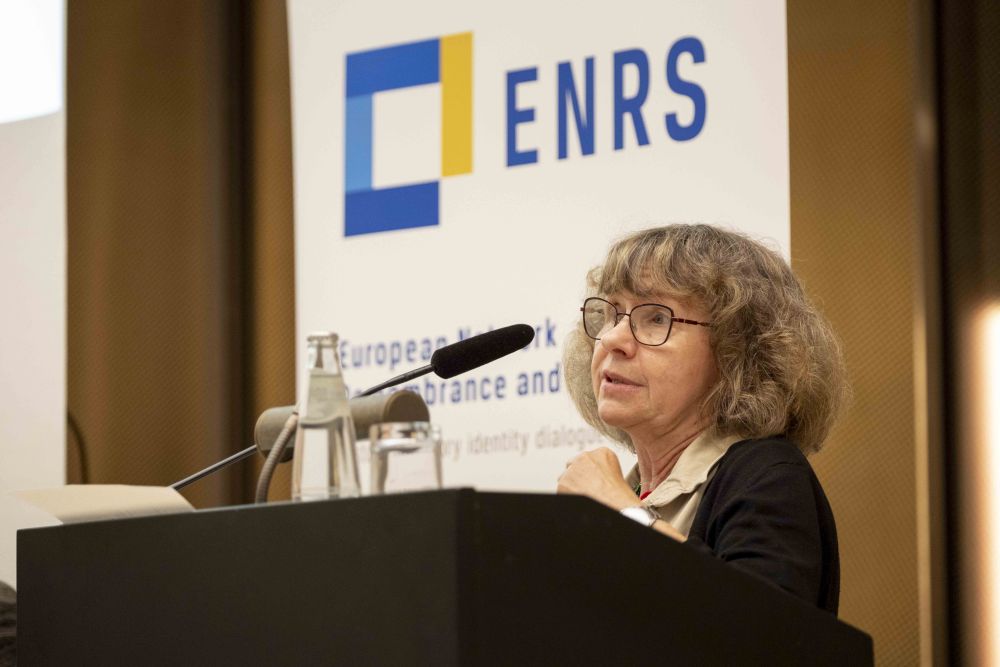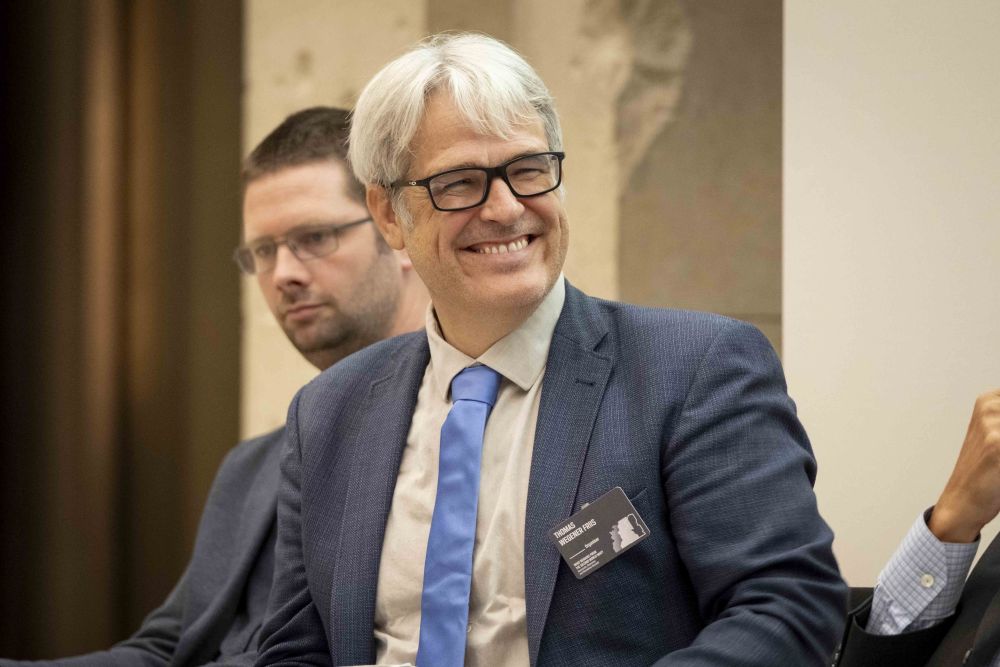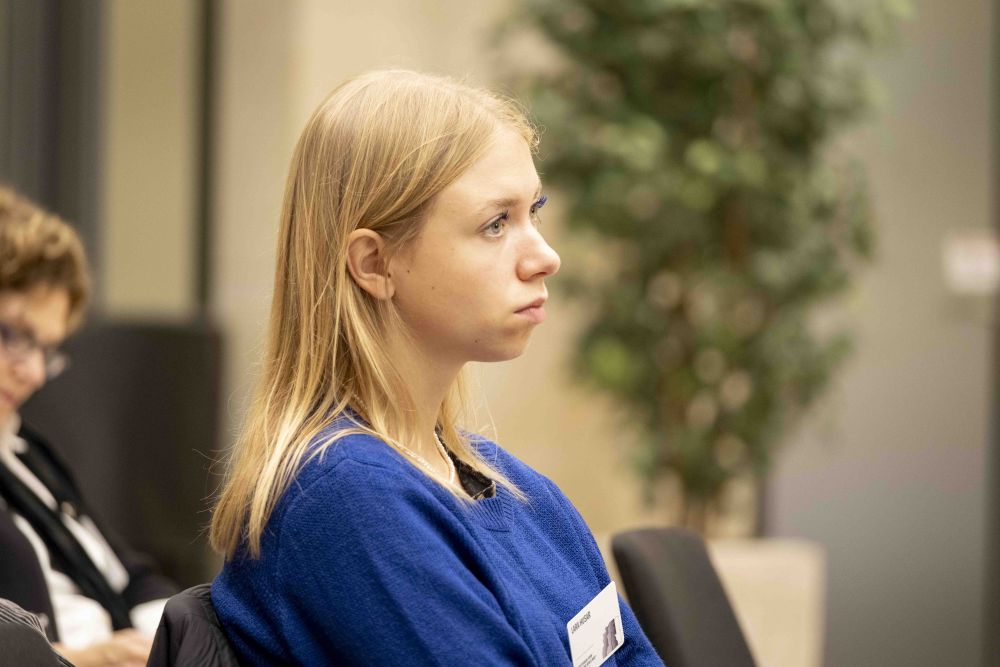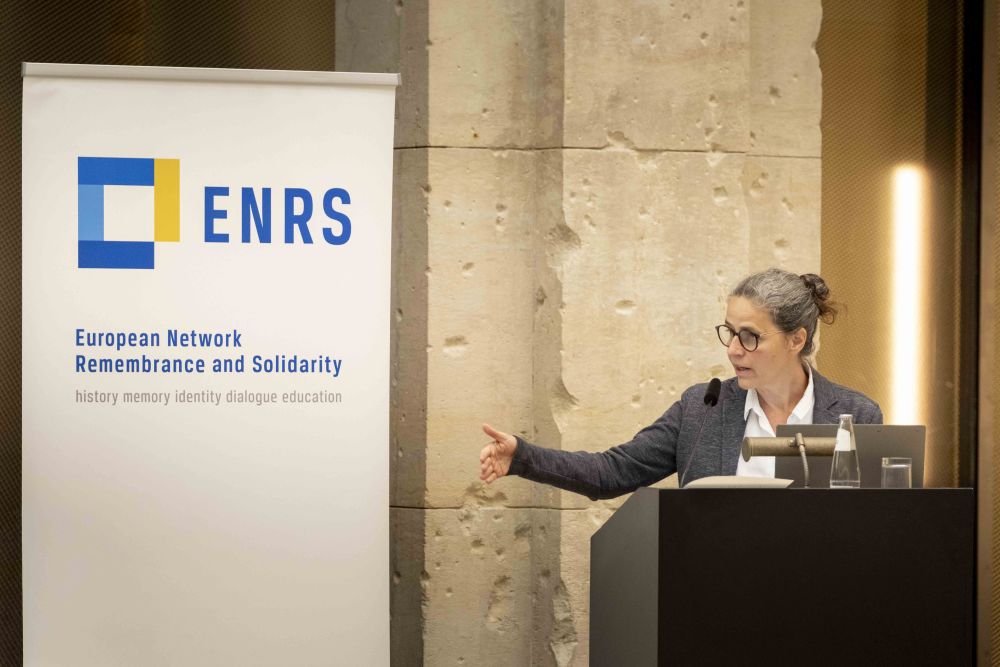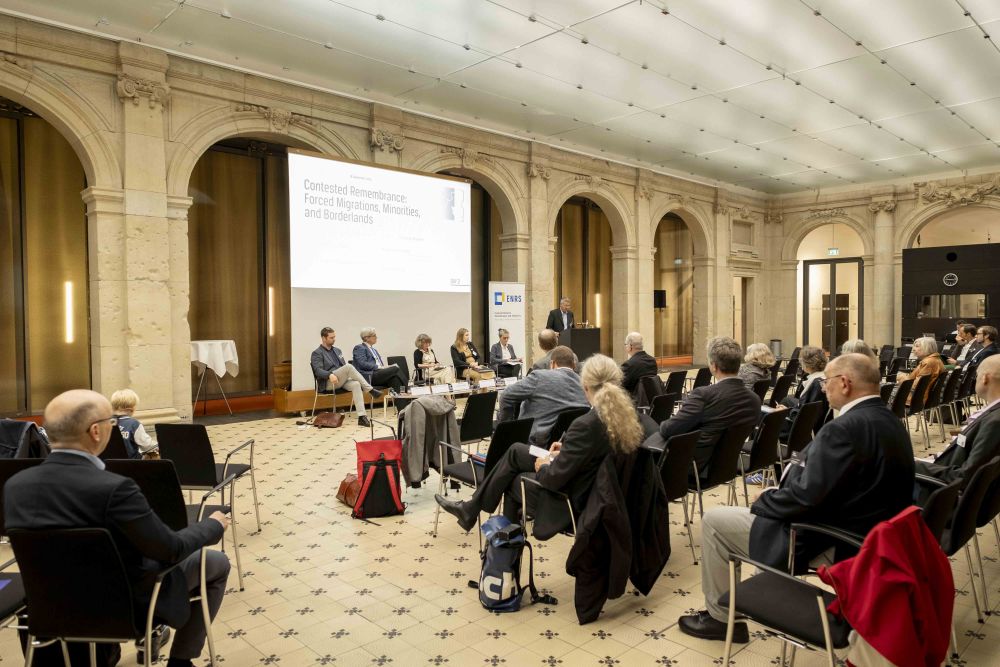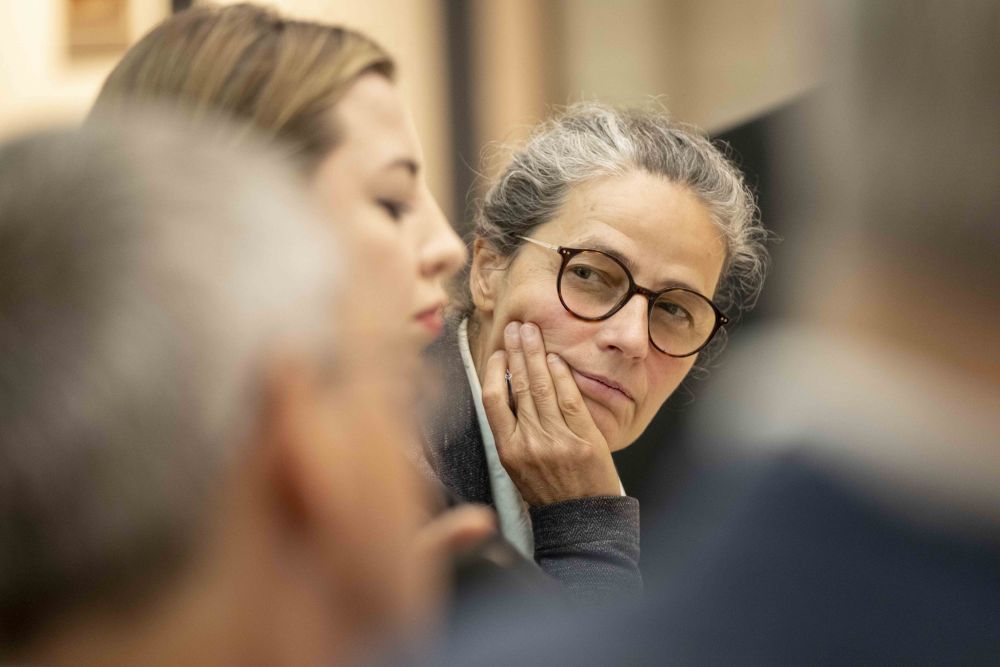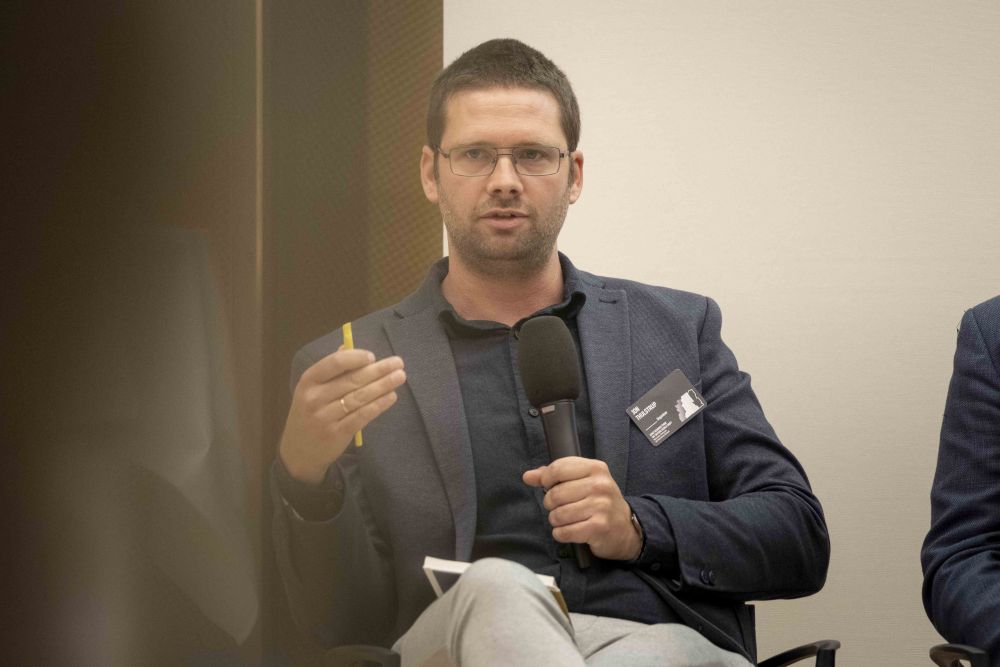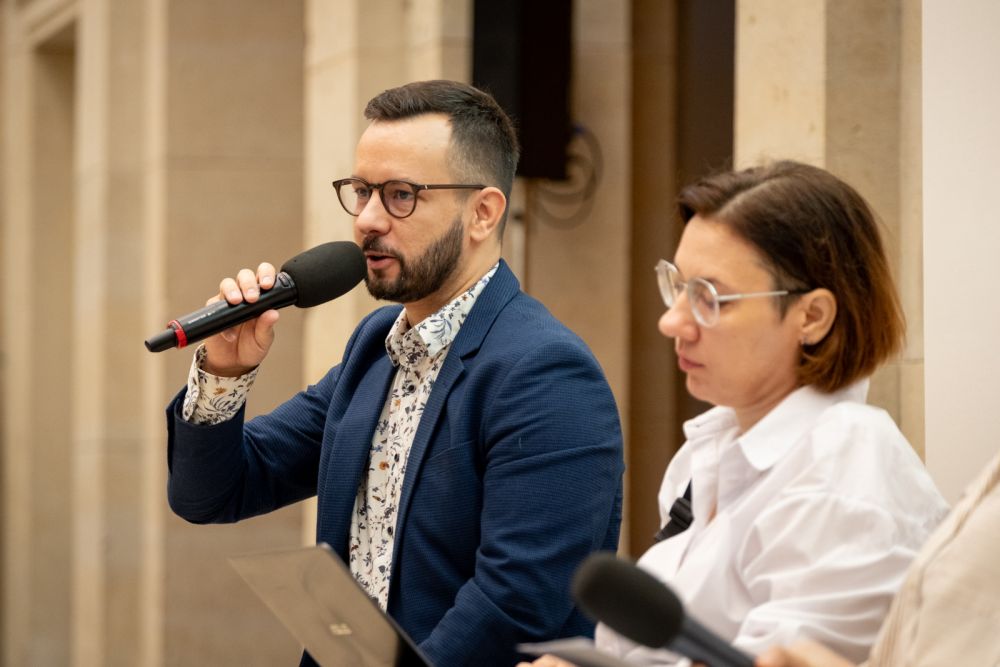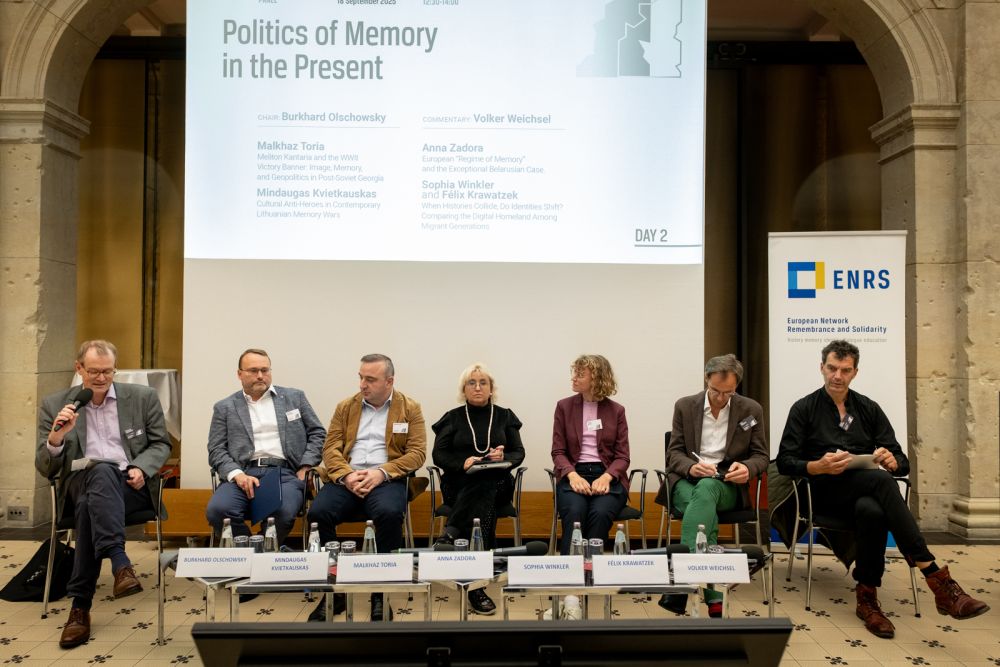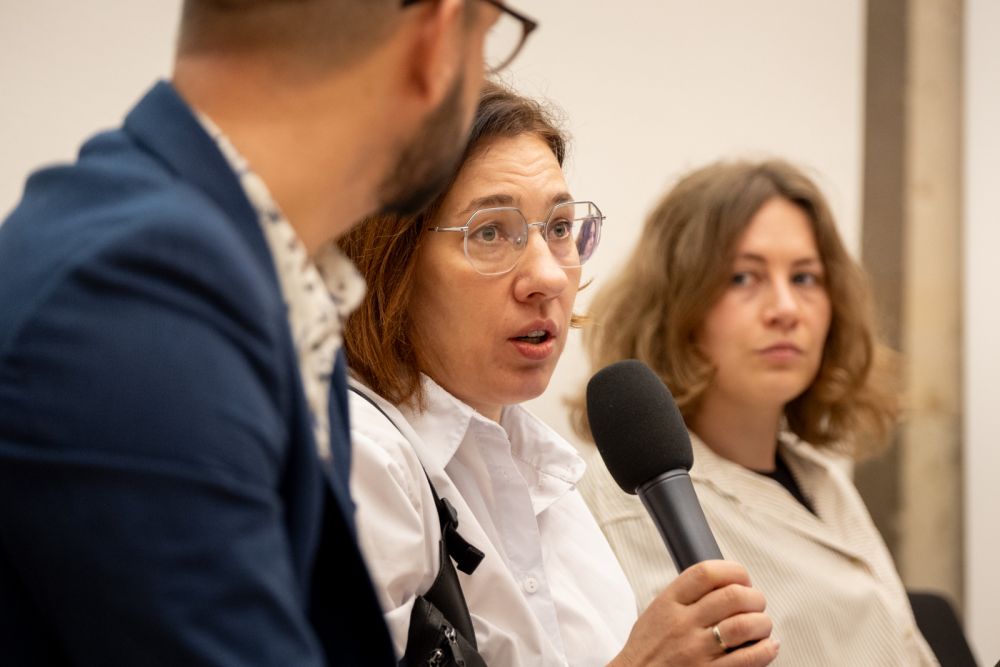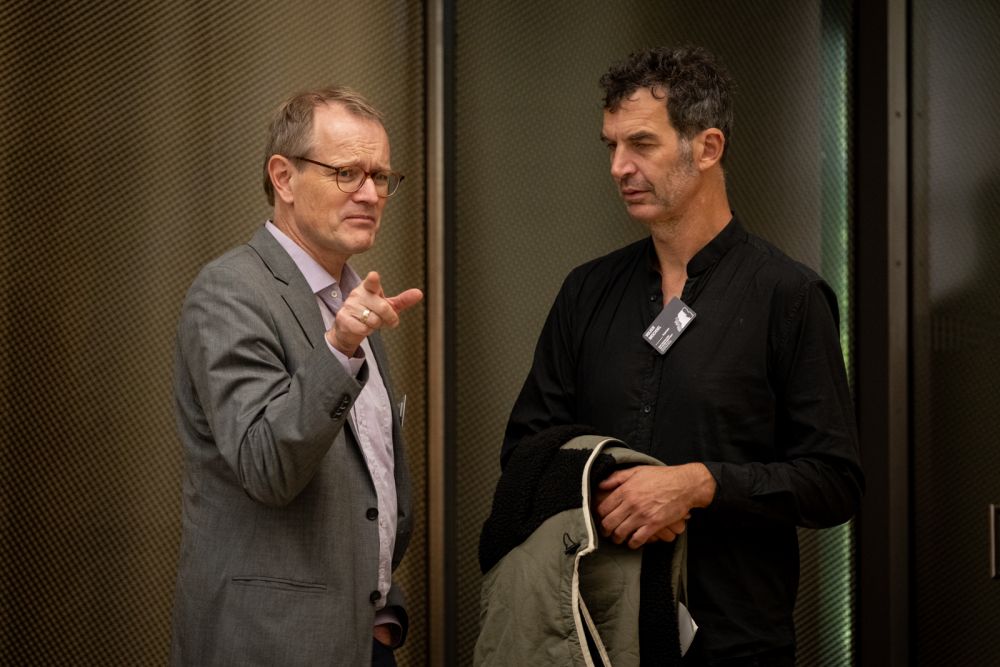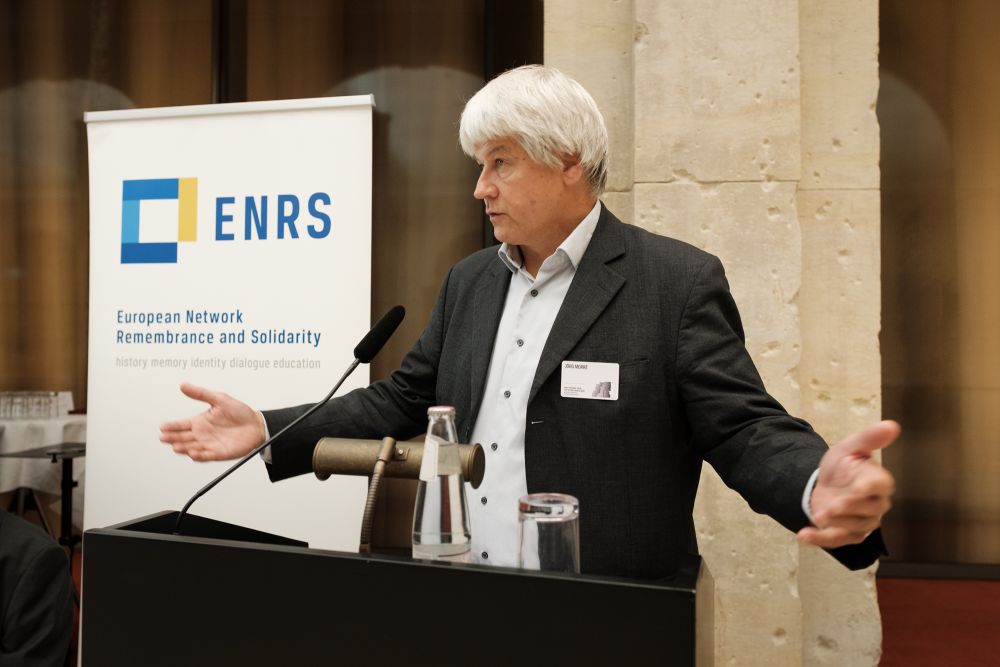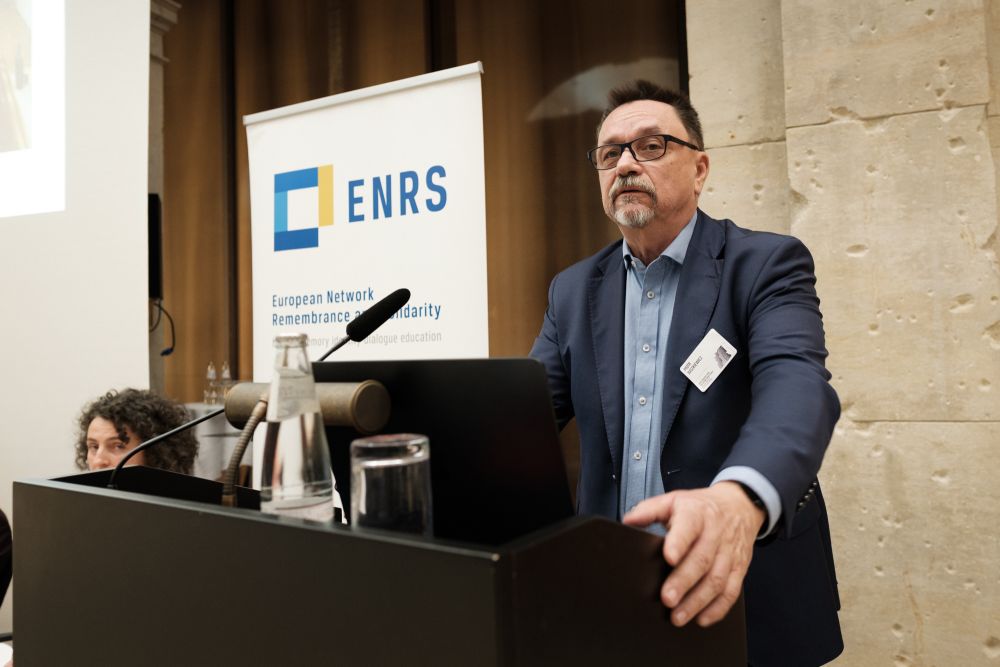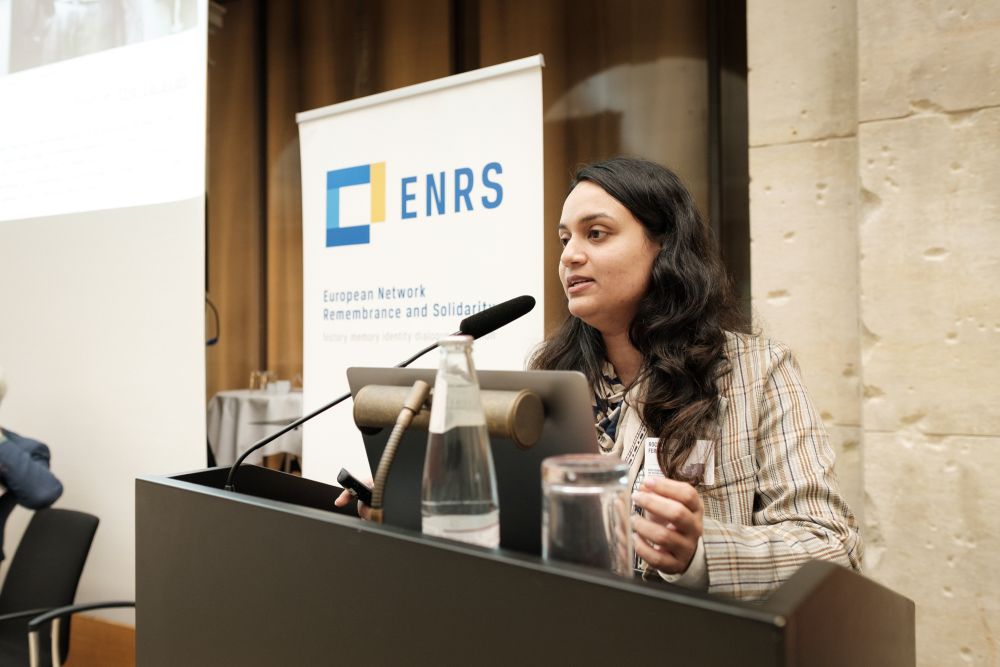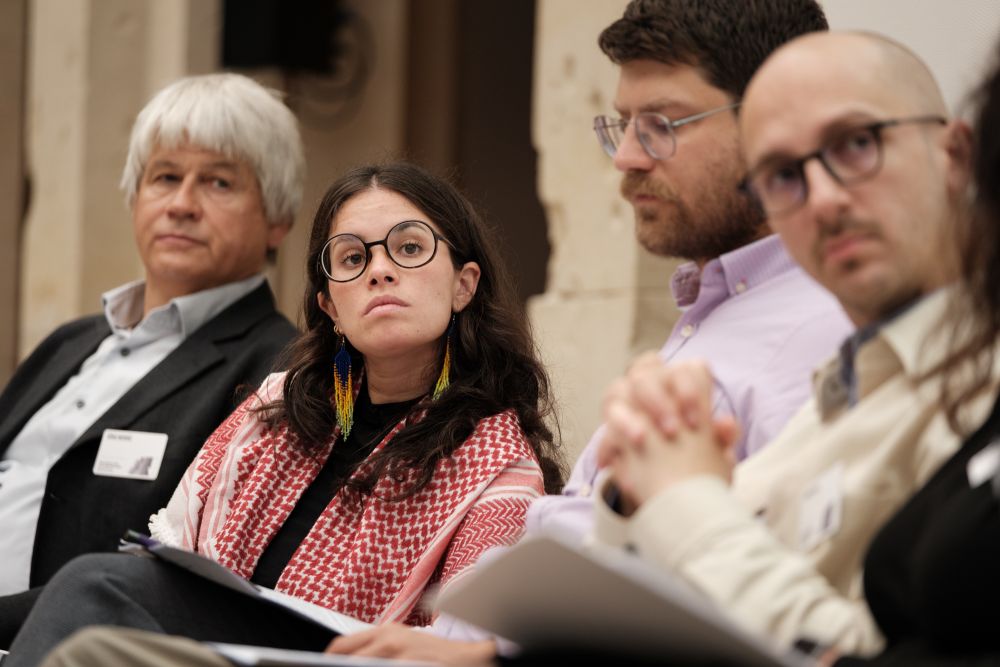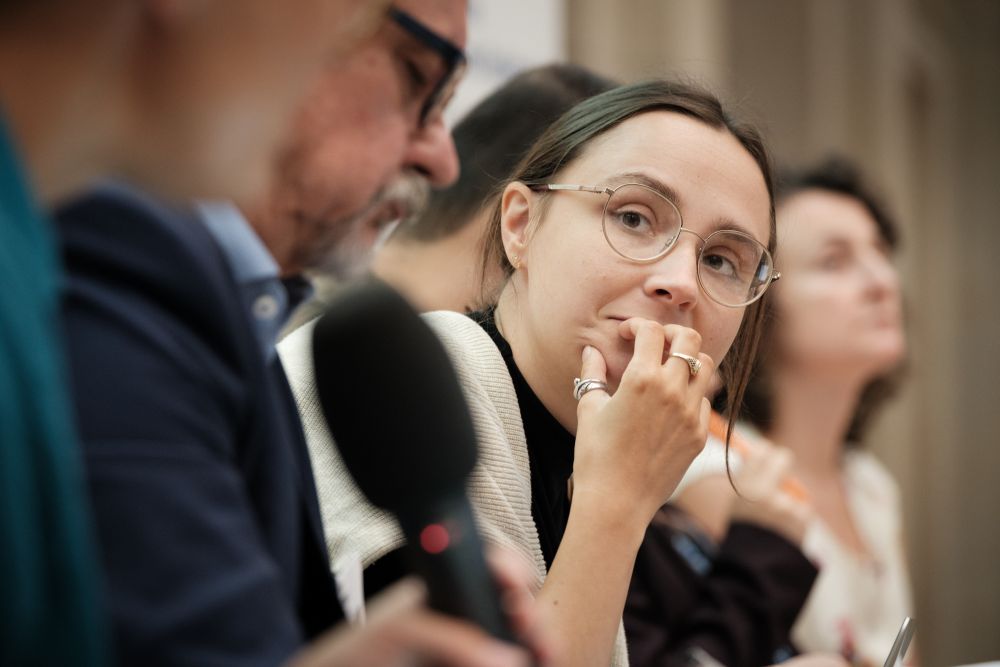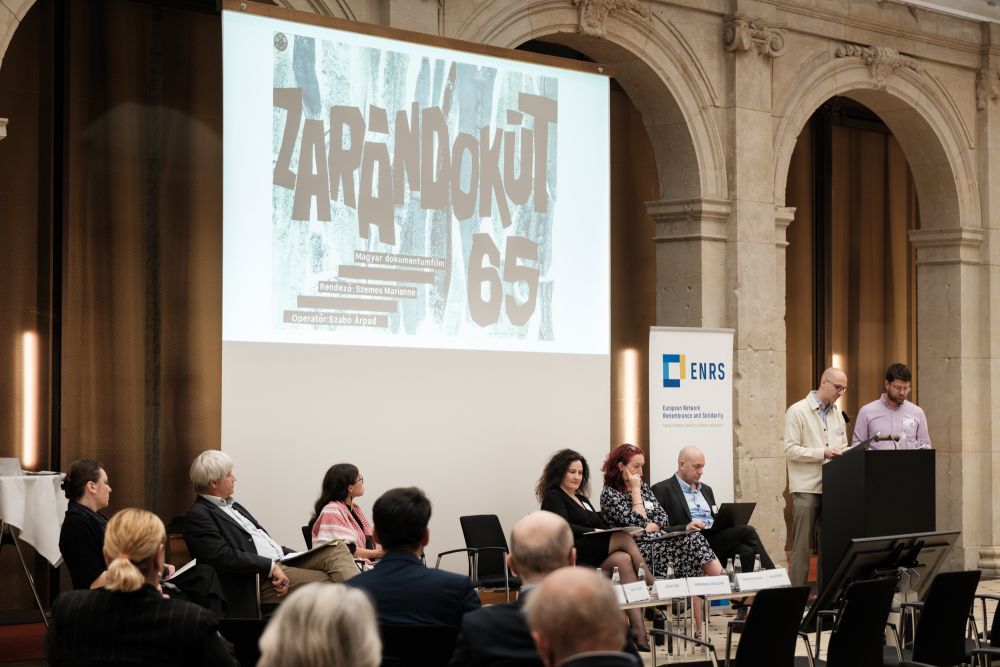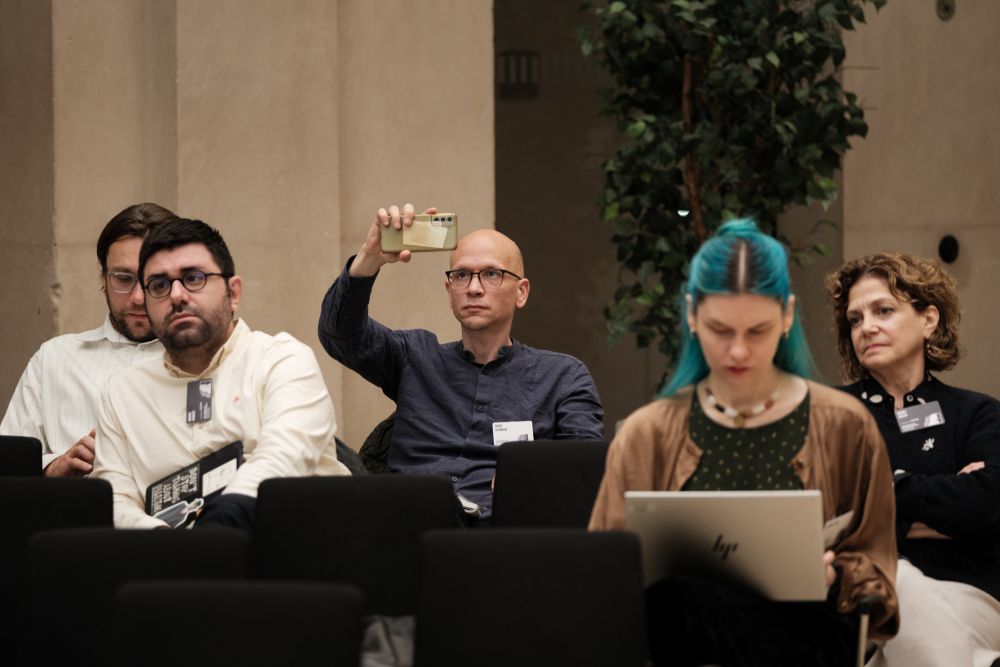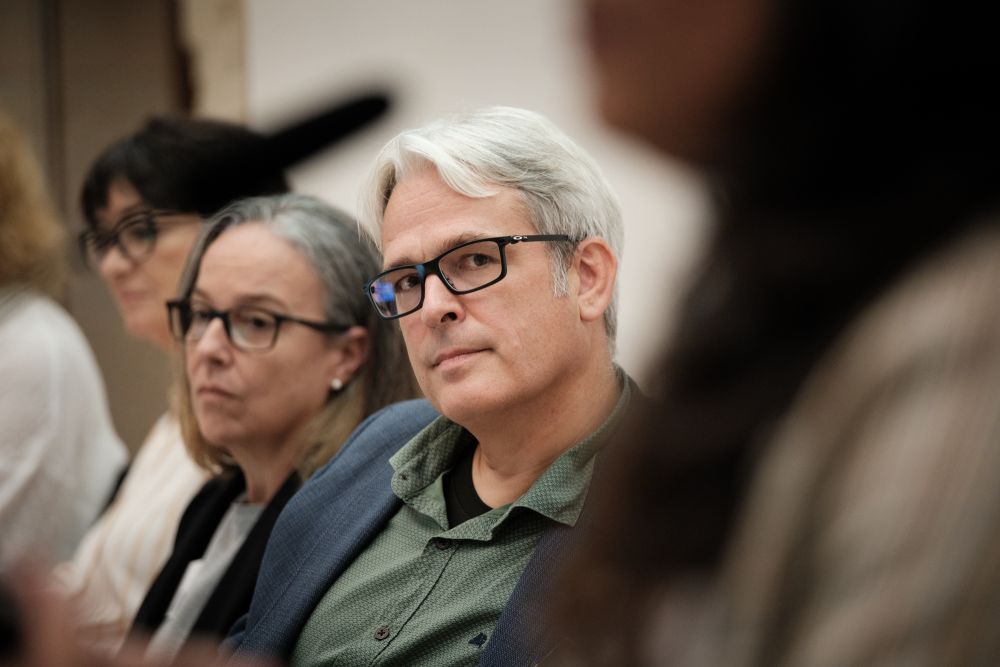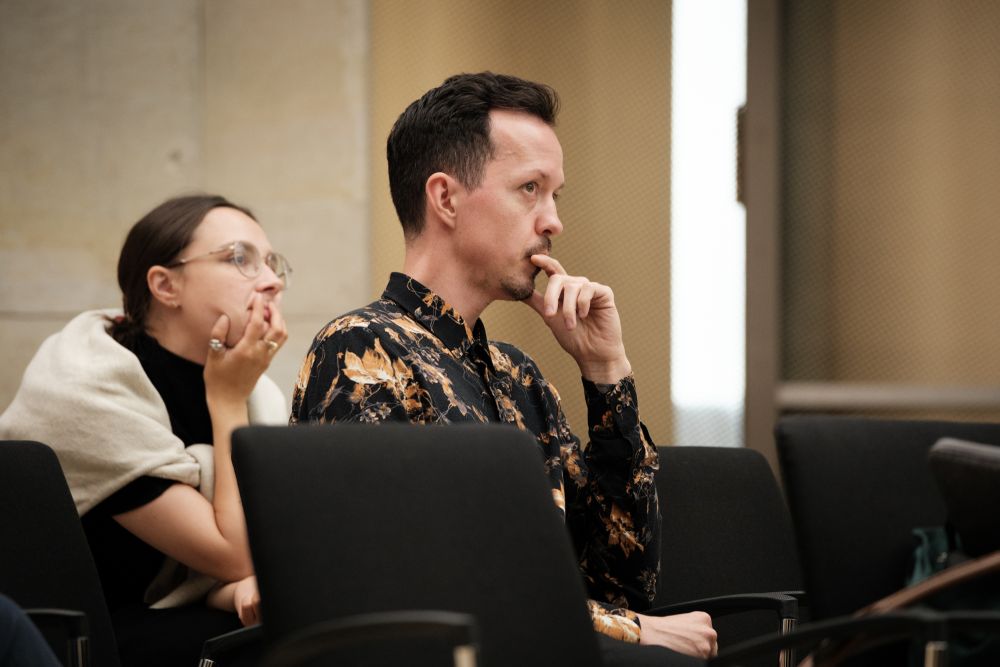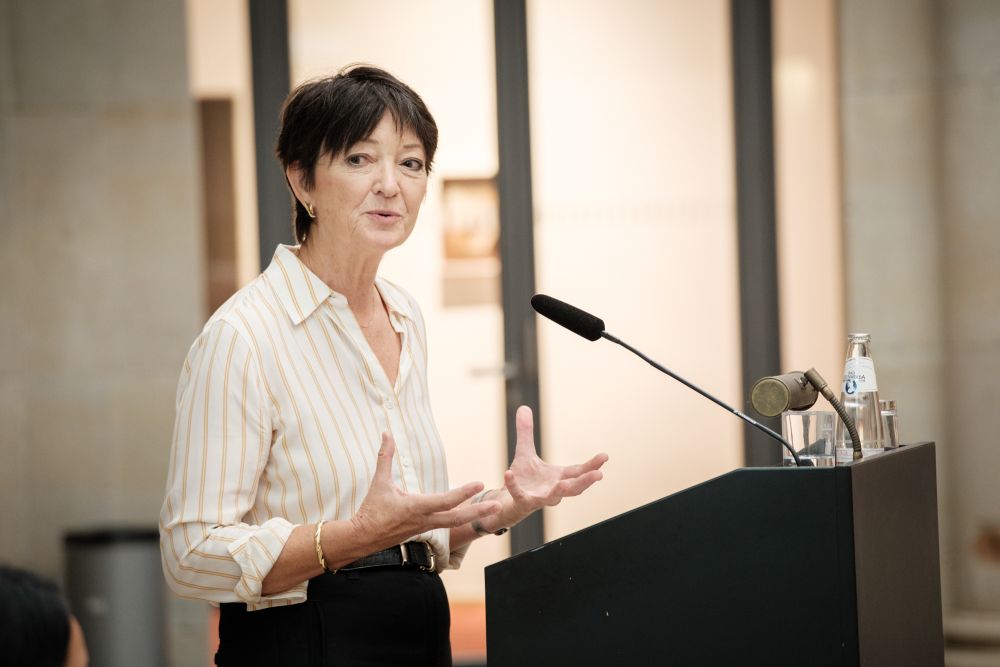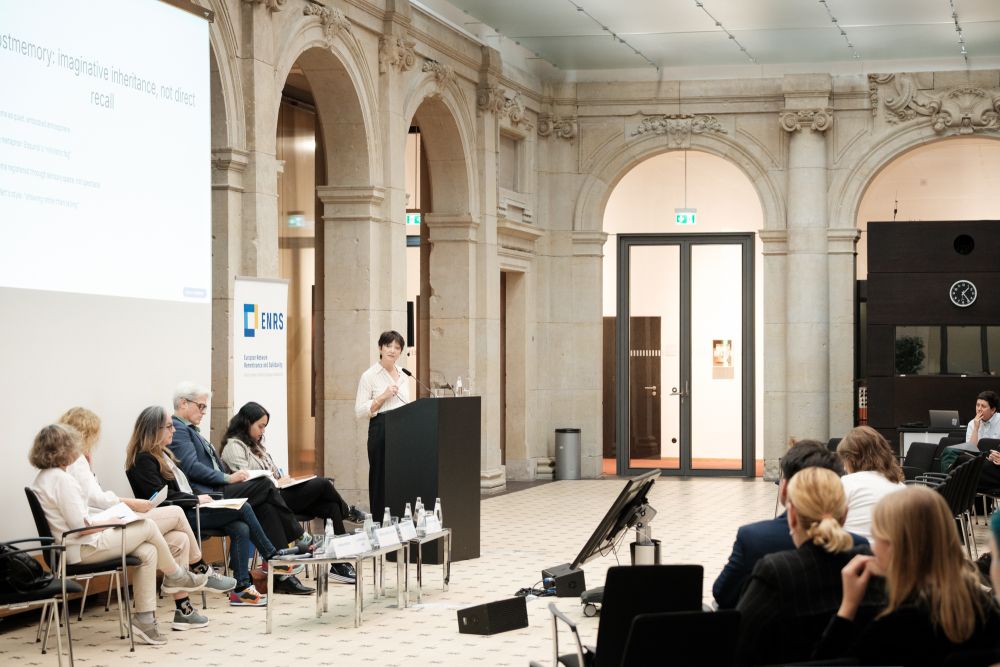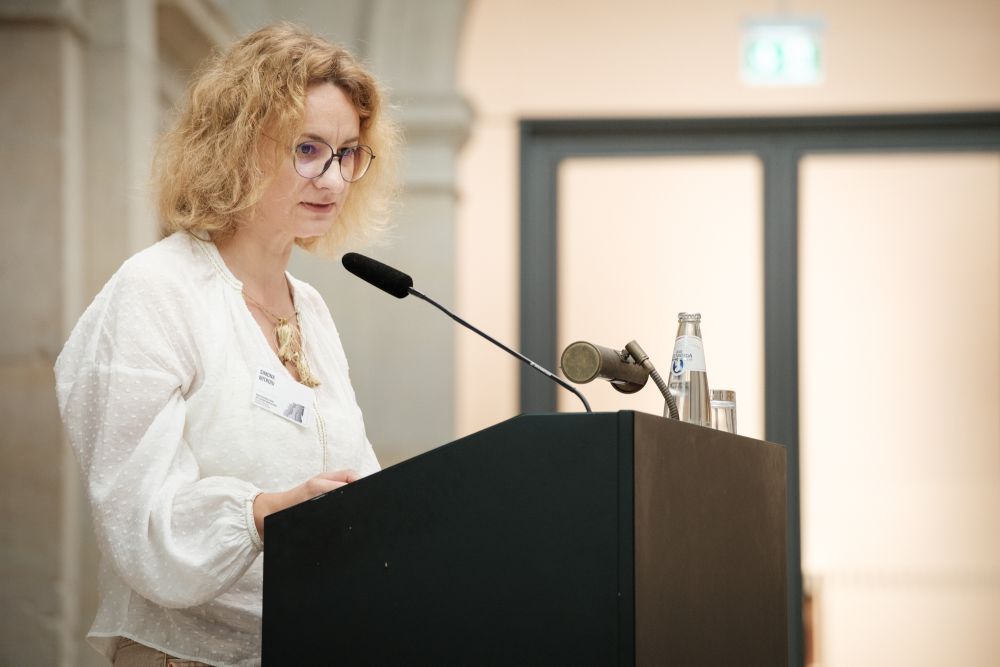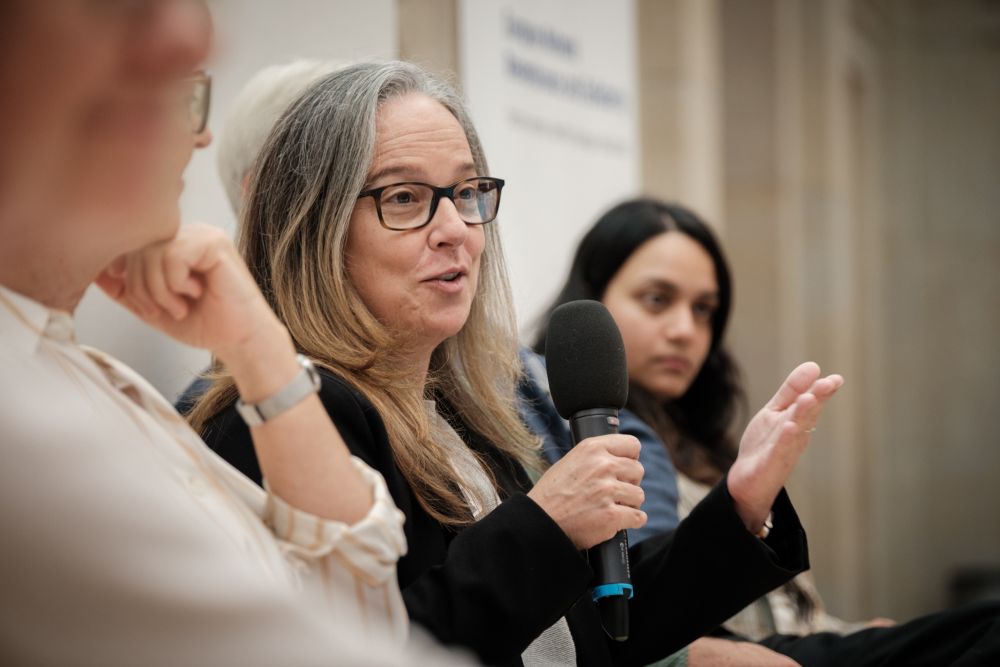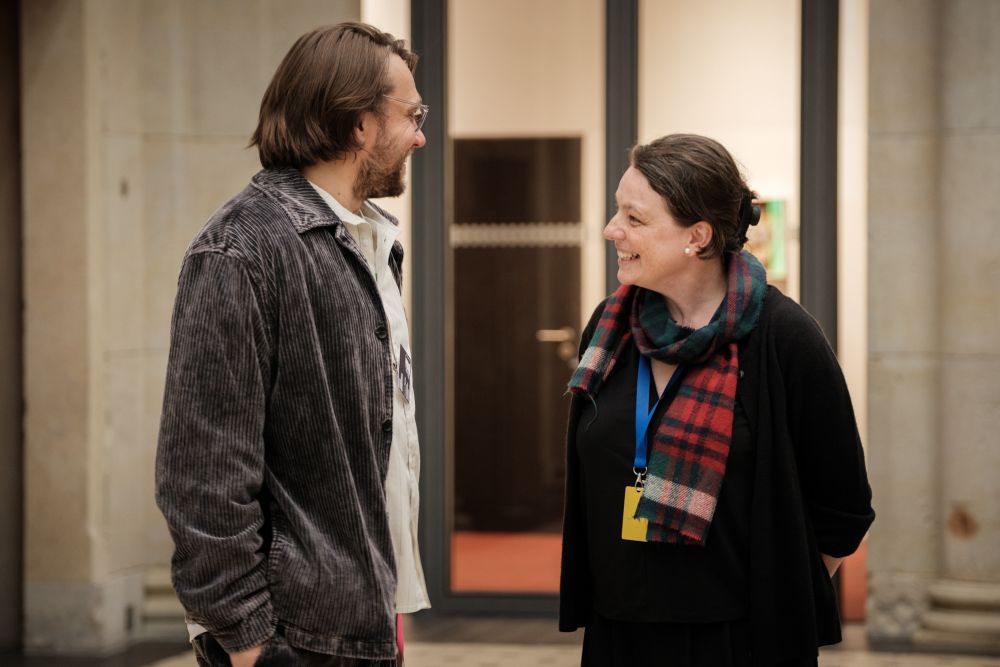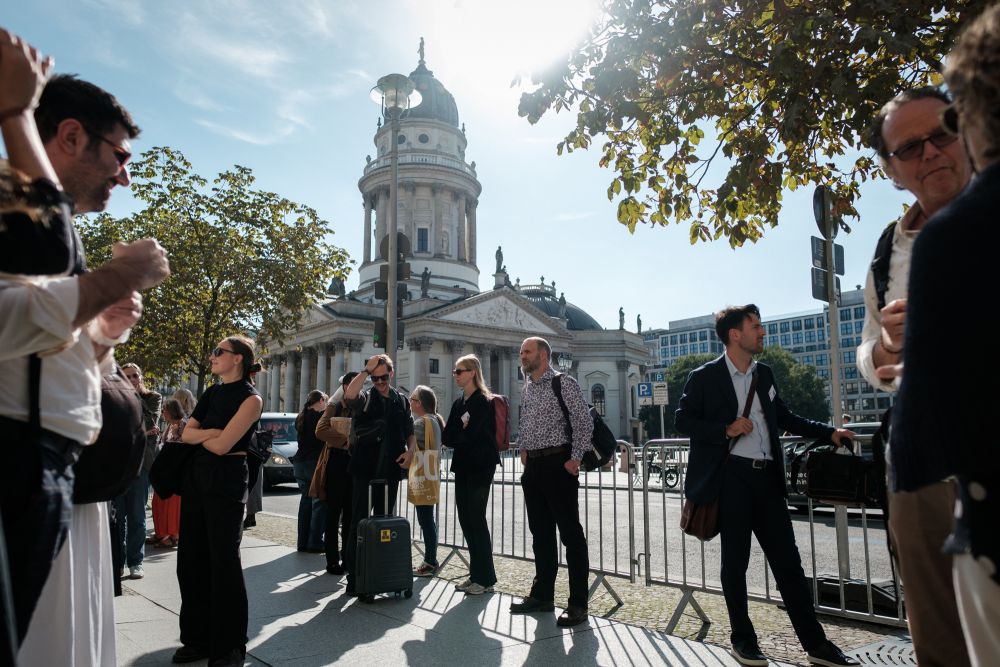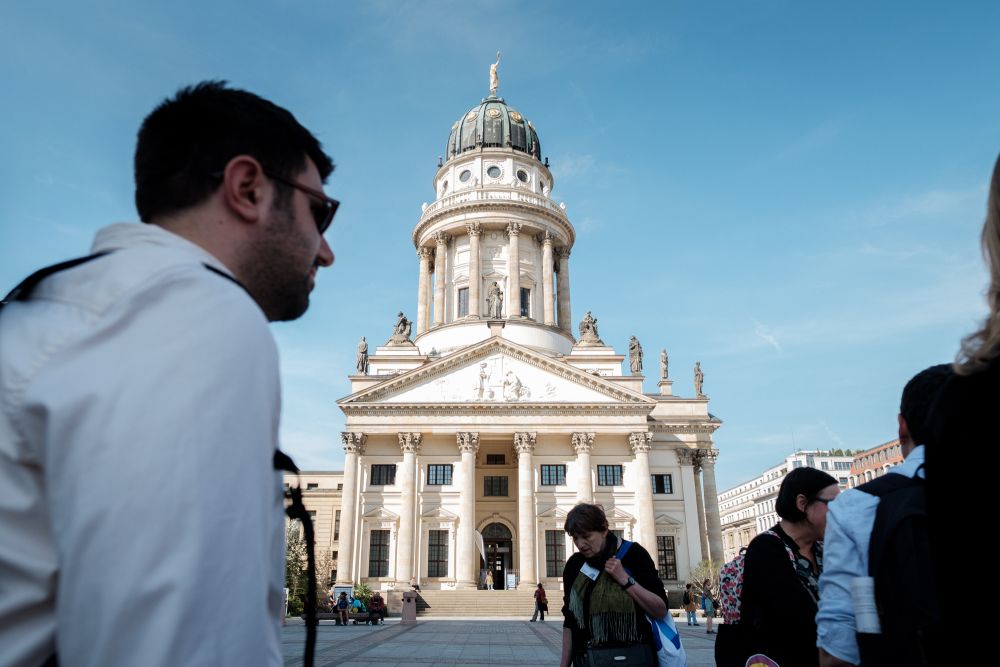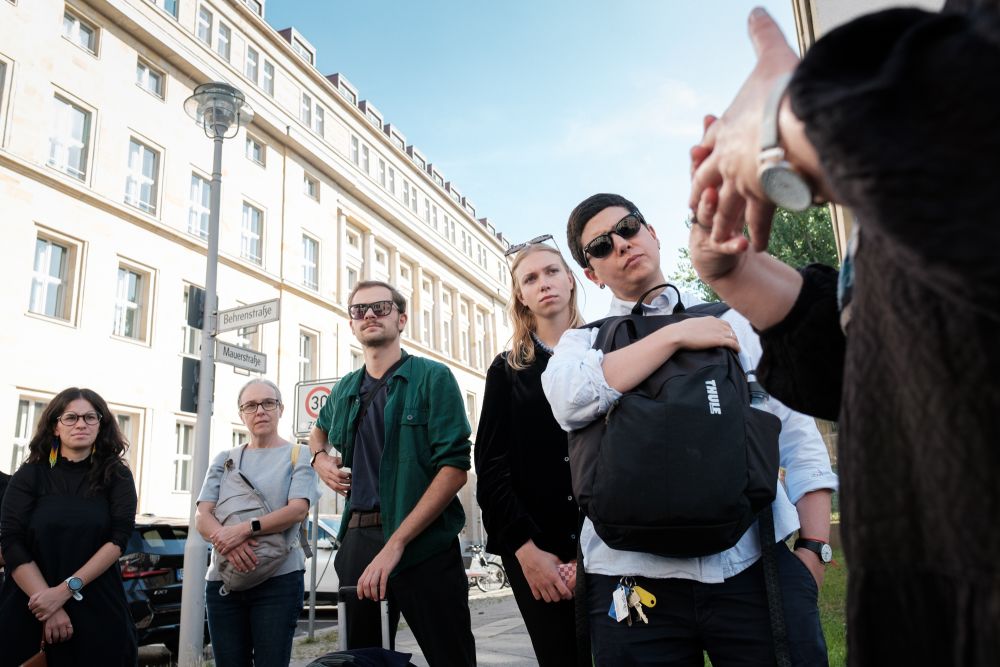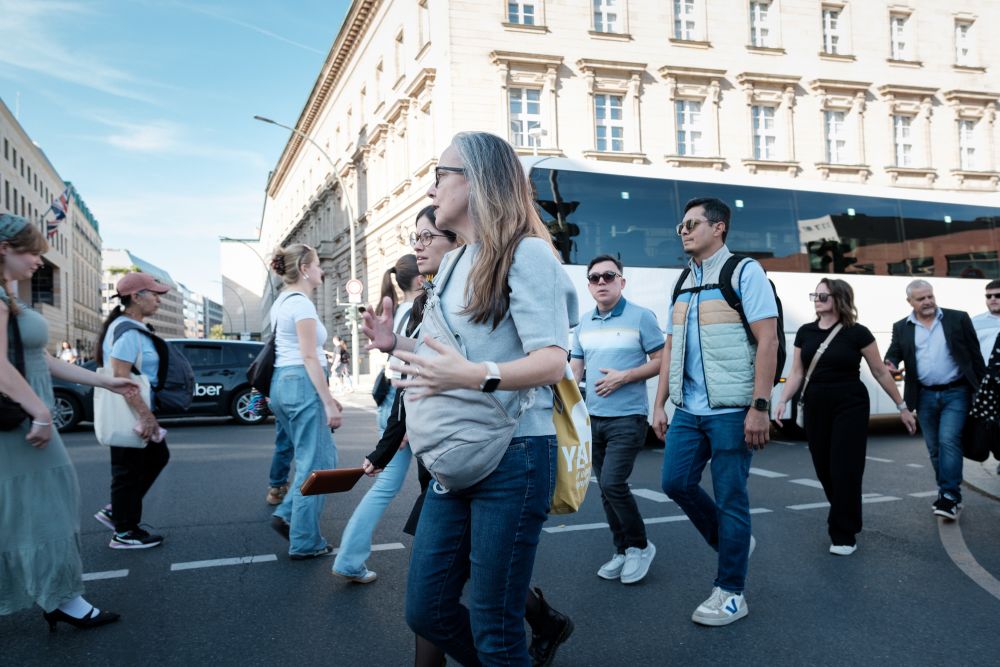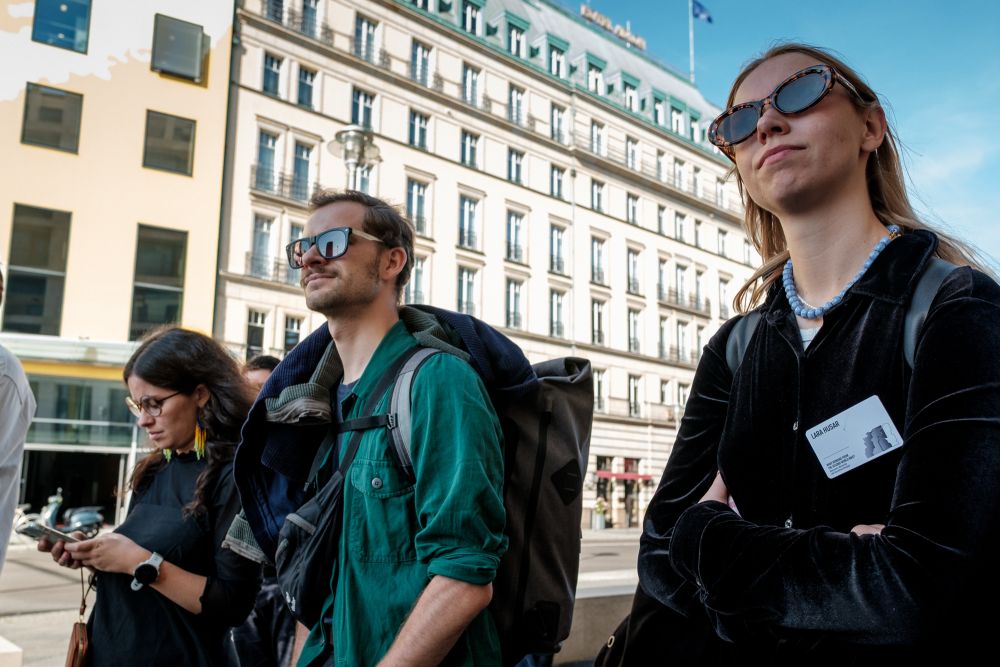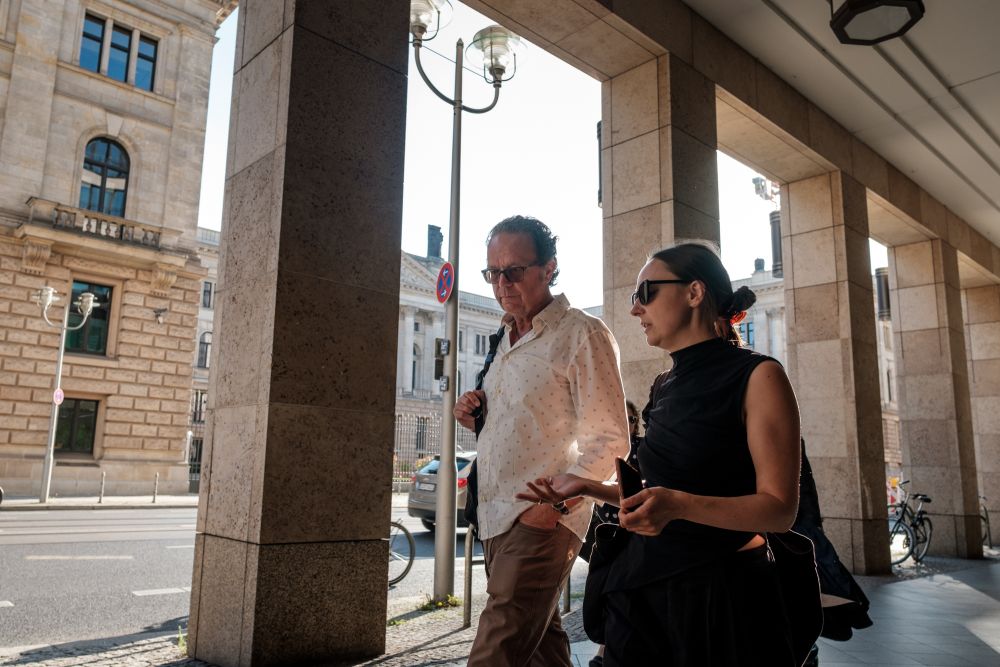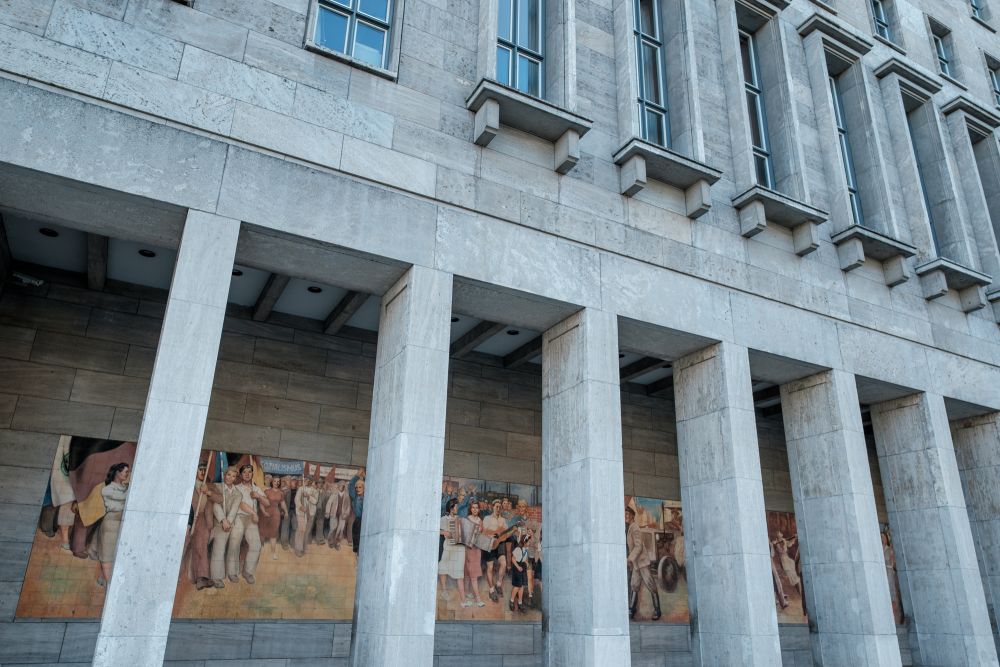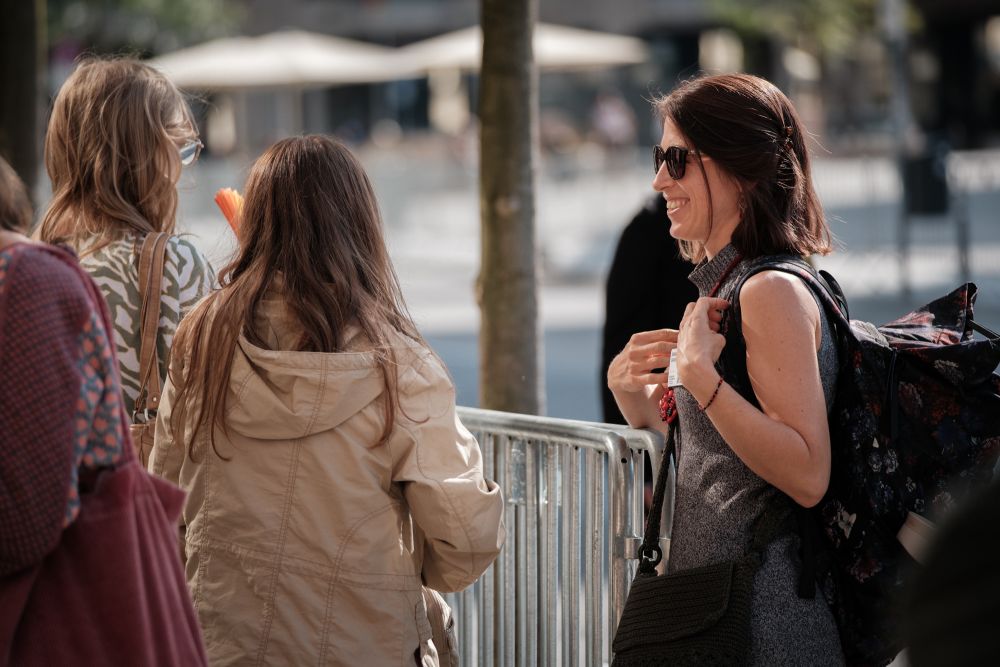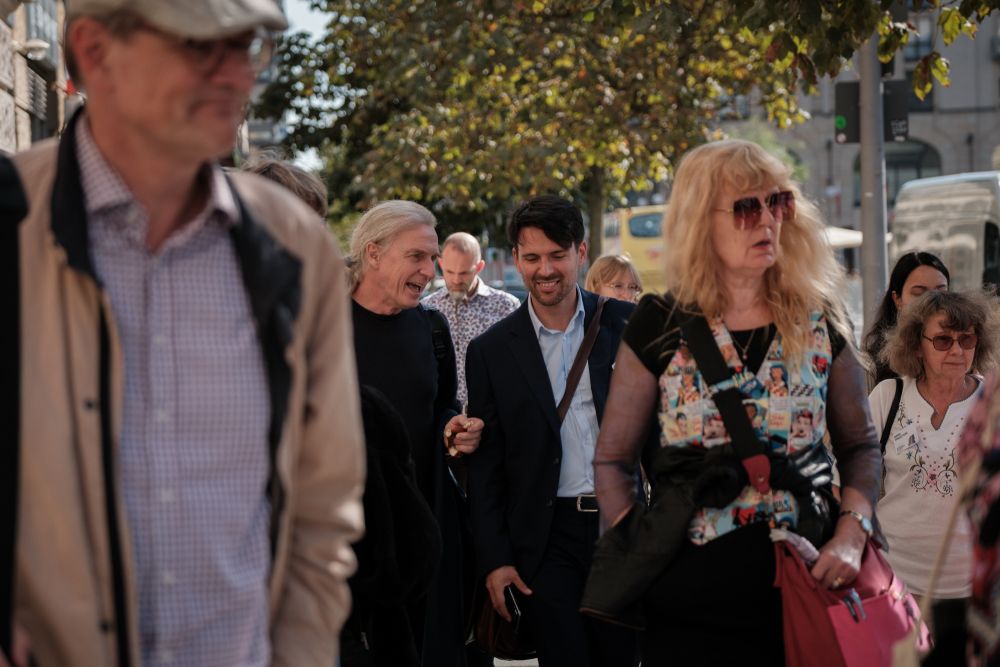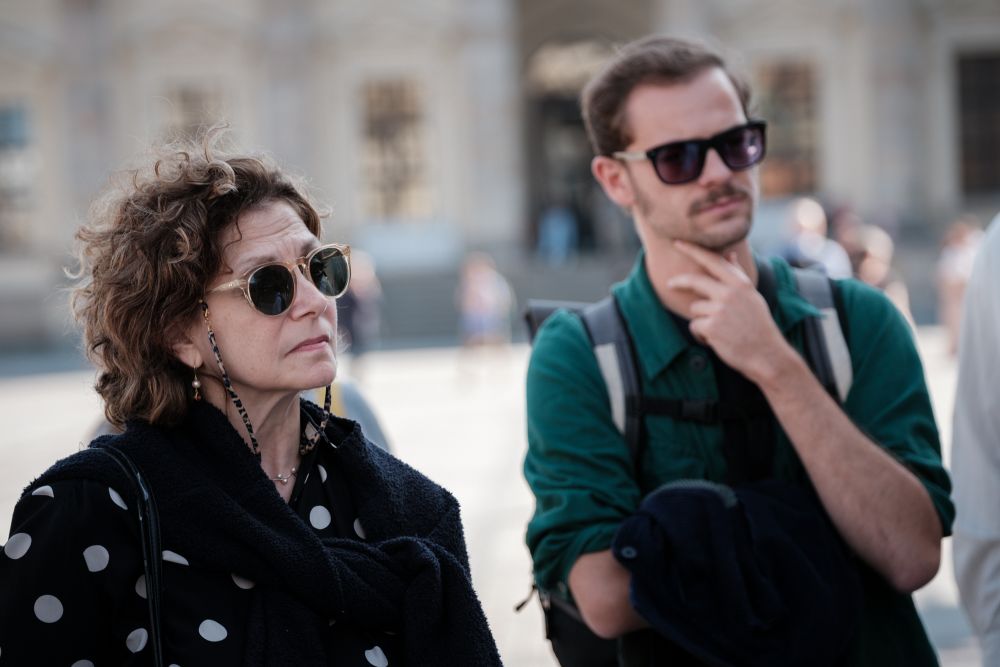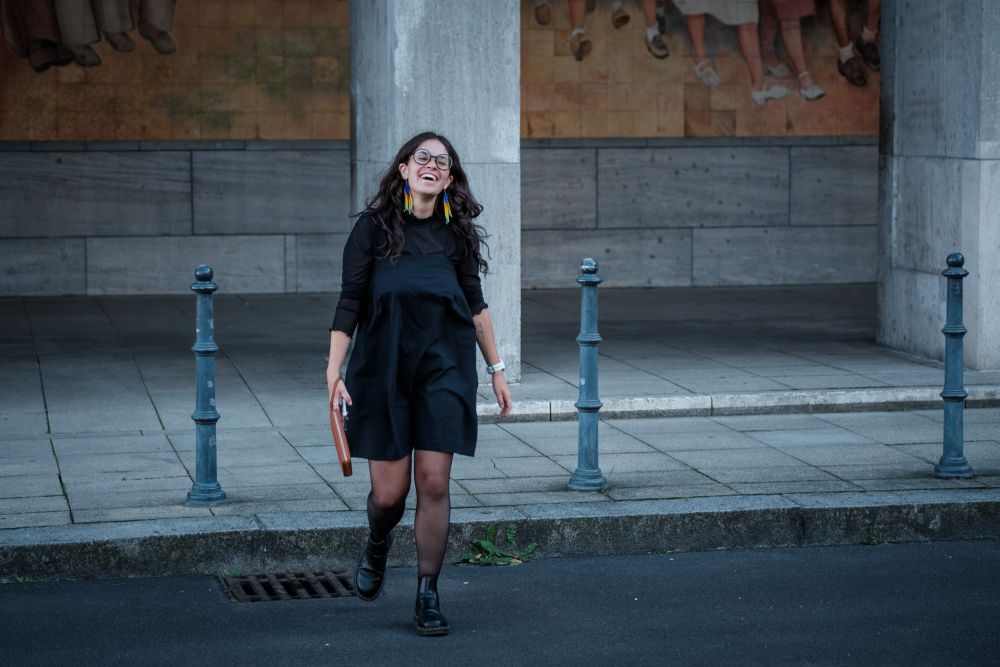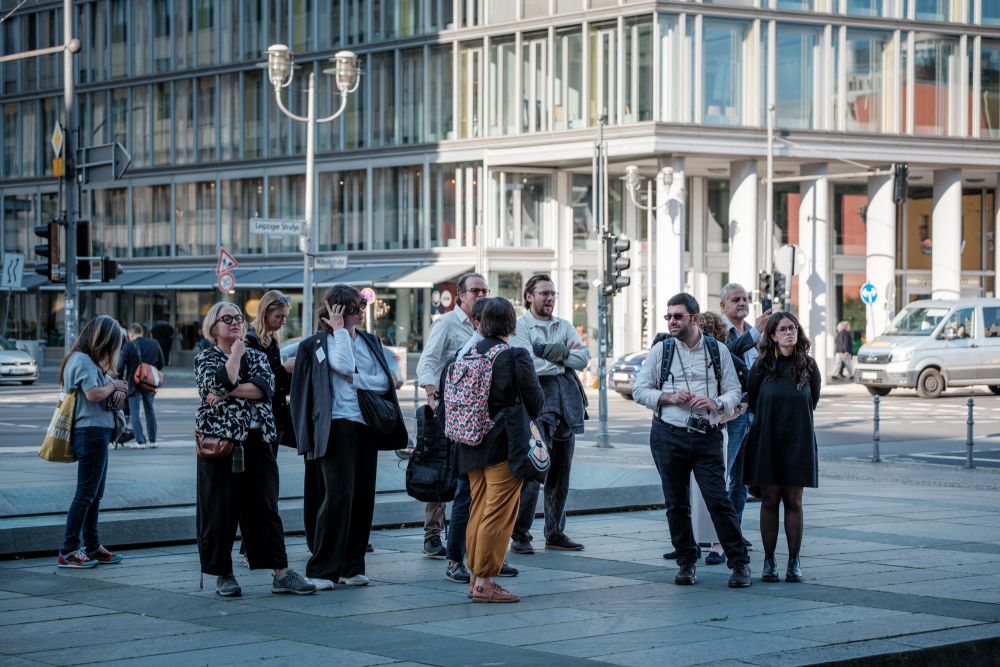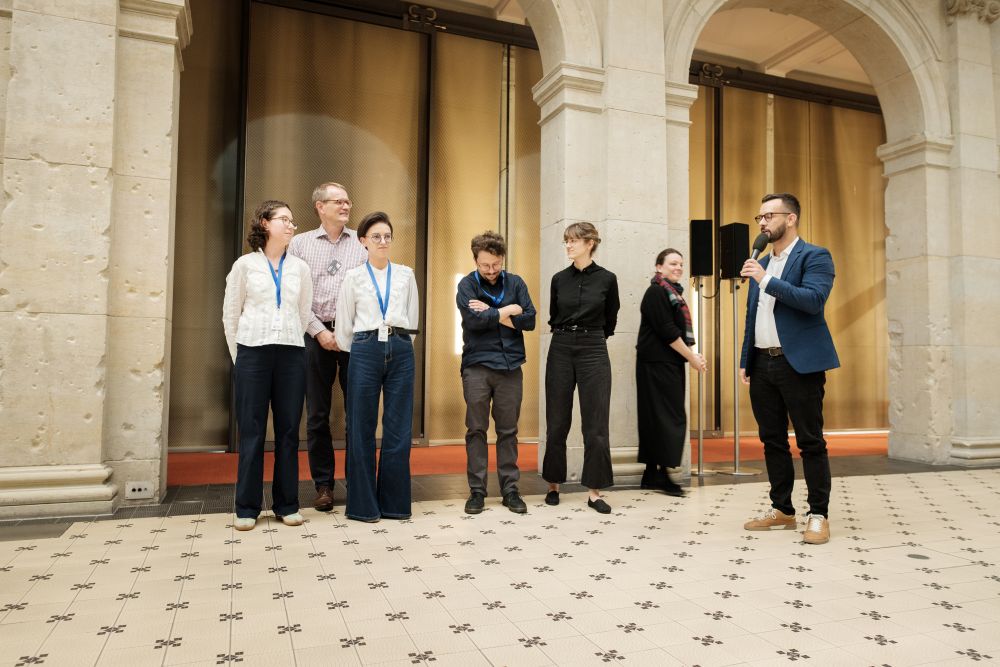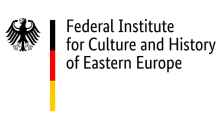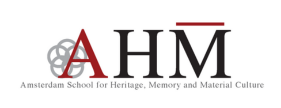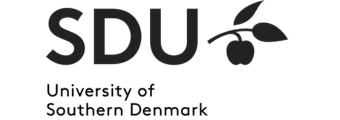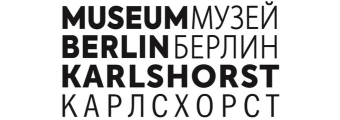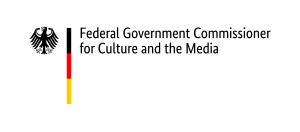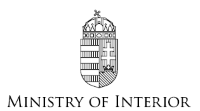15th Conference of the 'Genealogies of Memory'
Time: 17 – 19 September 2025
Location: Berlin-Brandenburg Academy of Sciences, Jägerstraße 22-23, Berlin, Germany
Has the Second World War ever truly ended? While the battles ceased decades ago, the war’s legacy endures − etched into the fabric of Europe’s landscapes, inscribed onto human bodies, and anchored as a cultural memory. The ruins of war persist both materially and symbolically − in the architectural remnants of destruction, in the physical and psychological scars carried across generations, and in the ruptures within language and representation. As we move into an era where the last living witnesses are disappearing, the question arises: what remains of the war, and how does it continue to shape historical consciousness?
This memory studies conference examines the material, cultural, and memorial afterlives of WWII, interrogating the role of broadly defined ruins and materiality in post-war and contemporary memory cultures and historical narratives. By bringing together scholars from various disciplines, the conference will critically engage with not only what is left of the war, but also how these remnants continue to mediate the past and shape its understanding. The academic event will finally engage in a reflection on European memory cultures of the post-war era contextualizing them within contemporary socio-political challenges.
The conference will centre on three main aspects:
We propose the following specific thematic blocks for presentations, yet other proposals are welcome as well:
• The materiality of memory – theoretical perspectives
• History of traces, ruins and remnants of war
• Destruction of artworks and cultural heritage
• Body and representation
• Transgenerational and cultural transmission of trauma
• Narratives, textbooks, and memory cultures
• Oral history, testimony, literature
• Digital technologies and new challenges
Time: 17 – 19 September 2025
Location: Berlin-Brandenburg Academy of Sciences, Jägerstraße 22-23, Berlin, Germany
Has the Second World War ever truly ended? While the battles ceased decades ago, the war’s legacy endures − etched into the fabric of Europe’s landscapes, inscribed onto human bodies, and anchored as a cultural memory. The ruins of war persist both materially and symbolically − in the architectural remnants of destruction, in the physical and psychological scars carried across generations, and in the ruptures within language and representation. As we move into an era where the last living witnesses are disappearing, the question arises: what remains of the war, and how does it continue to shape historical consciousness?
This memory studies conference examines the material, cultural, and memorial afterlives of WWII, interrogating the role of broadly defined ruins and materiality in post-war and contemporary memory cultures and historical narratives. By bringing together scholars from various disciplines, the conference will critically engage with not only what is left of the war, but also how these remnants continue to mediate the past and shape its understanding. The academic event will finally engage in a reflection on European memory cultures of the post-war era contextualizing them within contemporary socio-political challenges.
The conference will centre on three main aspects:
1. Theoretical reflection on the materiality of memory: How does the past persist in the present through physical remnants? This theme will explore the theoretical foundations of how memory is embedded in material traces and how these remnants continue to shape contemporary perceptions of history.
2. Rethinking post-war memory cultures from the present: This section explores the constantly moving, changing nature of memory in terms of contemporary challenges. It investigates how new geopolitical and civilizational changes, as well as new forms of violence particularly Russia’s war against Ukraine—, have affected the memory of World War II. How have these developments reshaped or corrected cultural patterns and perceptions of the “other”? Furthermore, how do emerging digital technologies and unregulated social media influence the ways in which WWII is remembered and commemorated?
3. Case studies linking theory and memory practices: Presentations in this section will delve into specific examples of symbolic and literal ruins of World War II, contested narratives about war, the intergenerational transmission of complex memories and trauma etc., and the influence of the war on culture and language. What new approaches have emerged for processing and coming to terms with 1945 and the post-war era? How has WWII’s legacy remained tangible across various domains of life?
By integrating theoretical perspectives with empirical case studies, the conference aims to provide a comprehensive exploration of what remains of WWII in contemporary memory cultures, and what challenges memory cultures face in present times. It is directed to scholars of various disciplines, including history, sociology, anthropology, cultural studies, psychology, linguistics, literature, art history, political science, law, etc. Comparative and interdisciplinary studies are particularly welcome.We propose the following specific thematic blocks for presentations, yet other proposals are welcome as well:
• The materiality of memory – theoretical perspectives
• History of traces, ruins and remnants of war
• Destruction of artworks and cultural heritage
• Body and representation
• Transgenerational and cultural transmission of trauma
• Narratives, textbooks, and memory cultures
• Oral history, testimony, literature
• Digital technologies and new challenges

